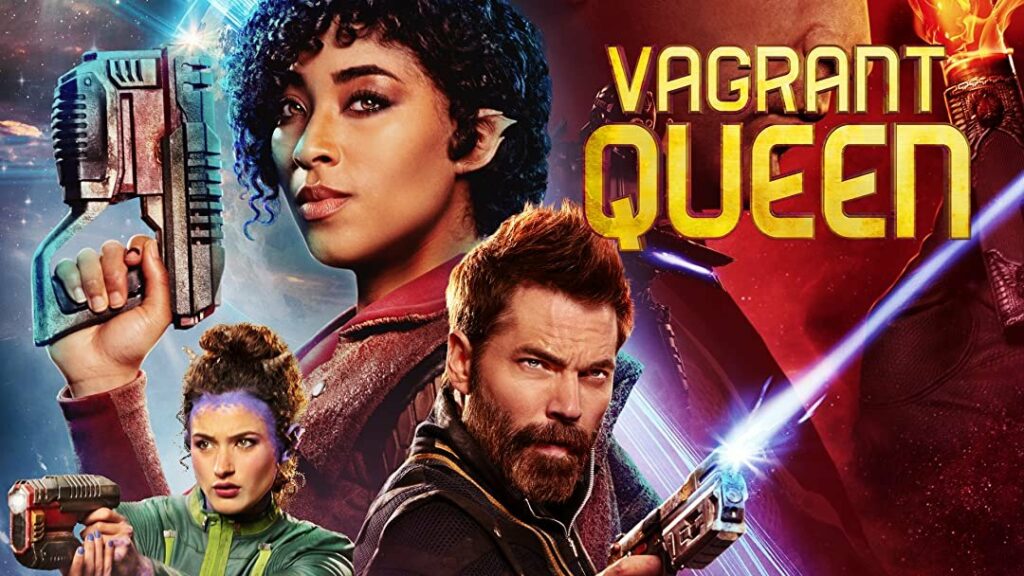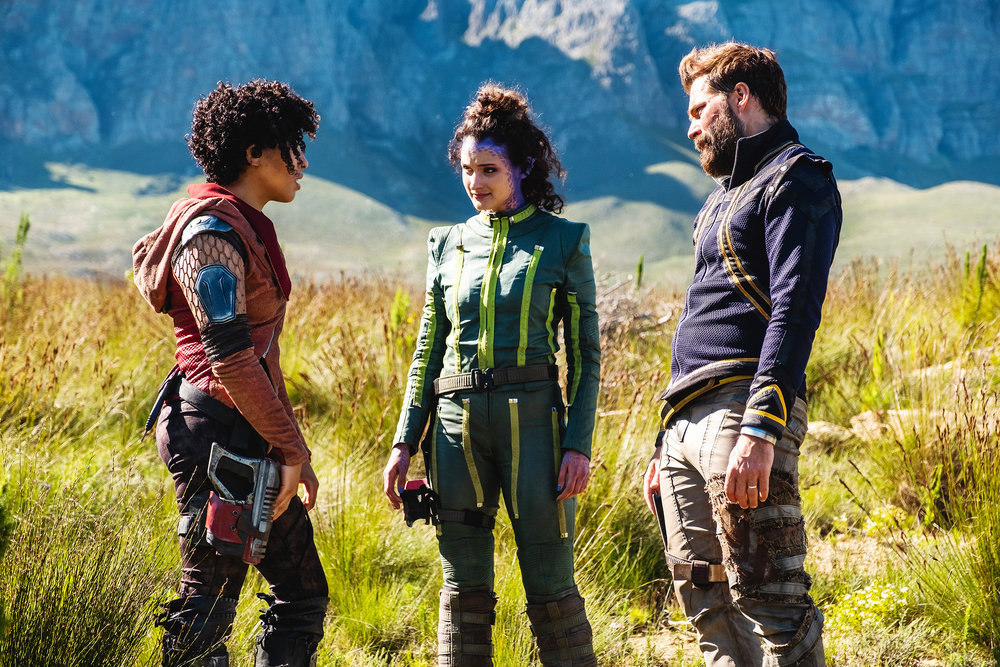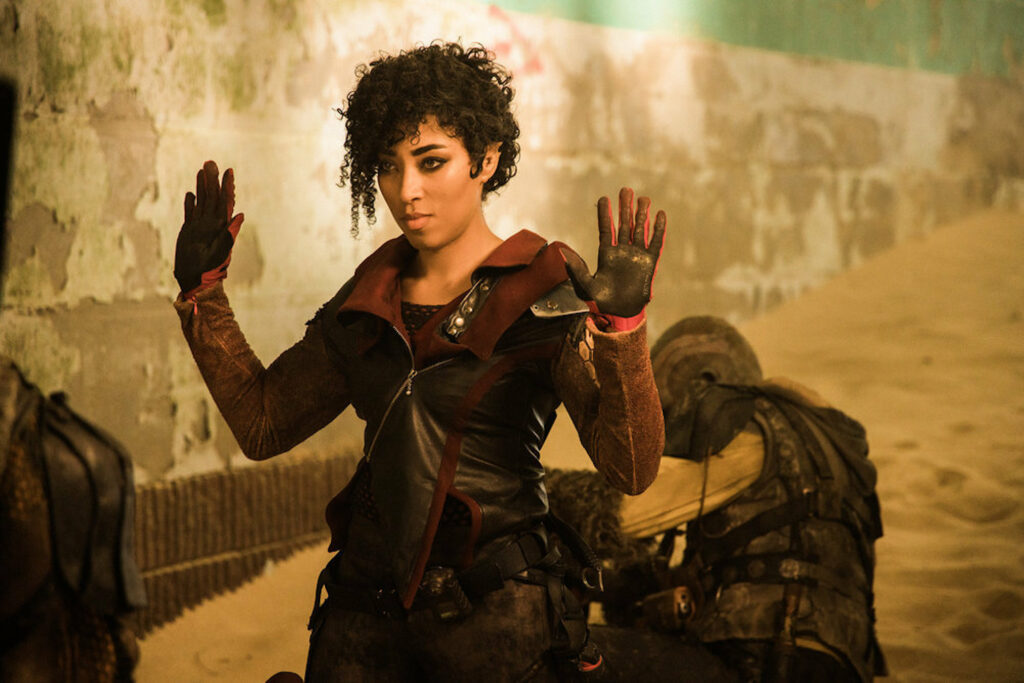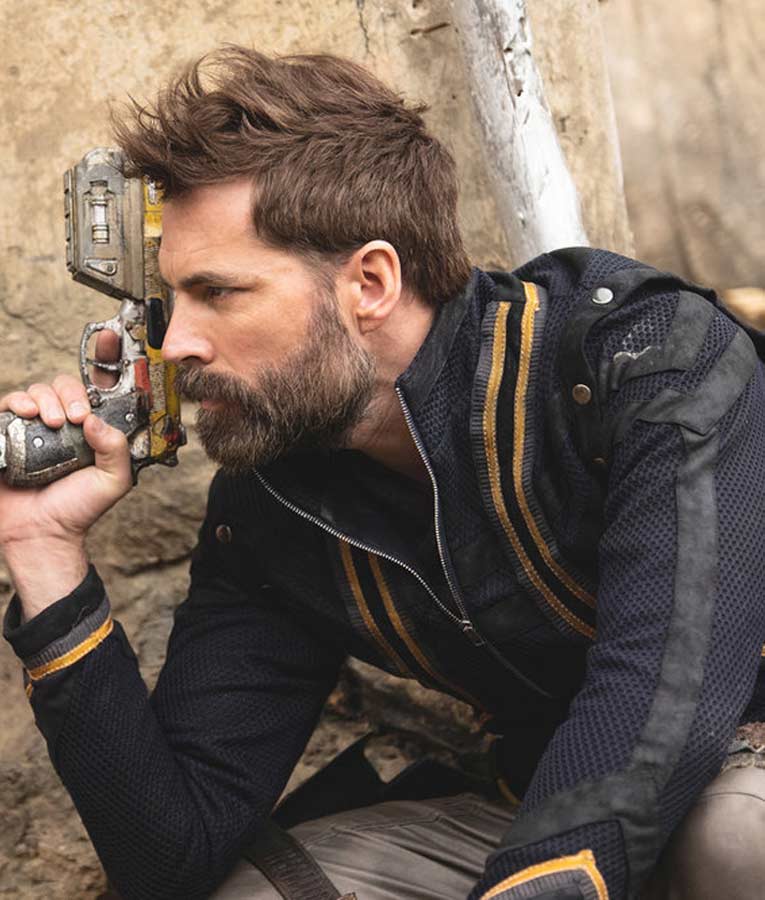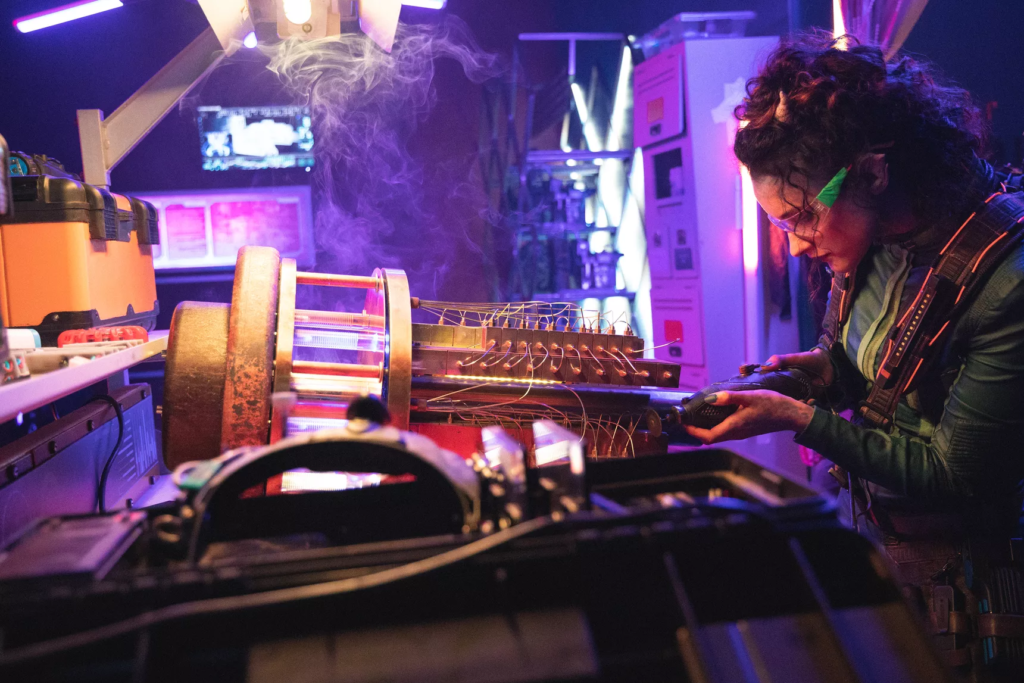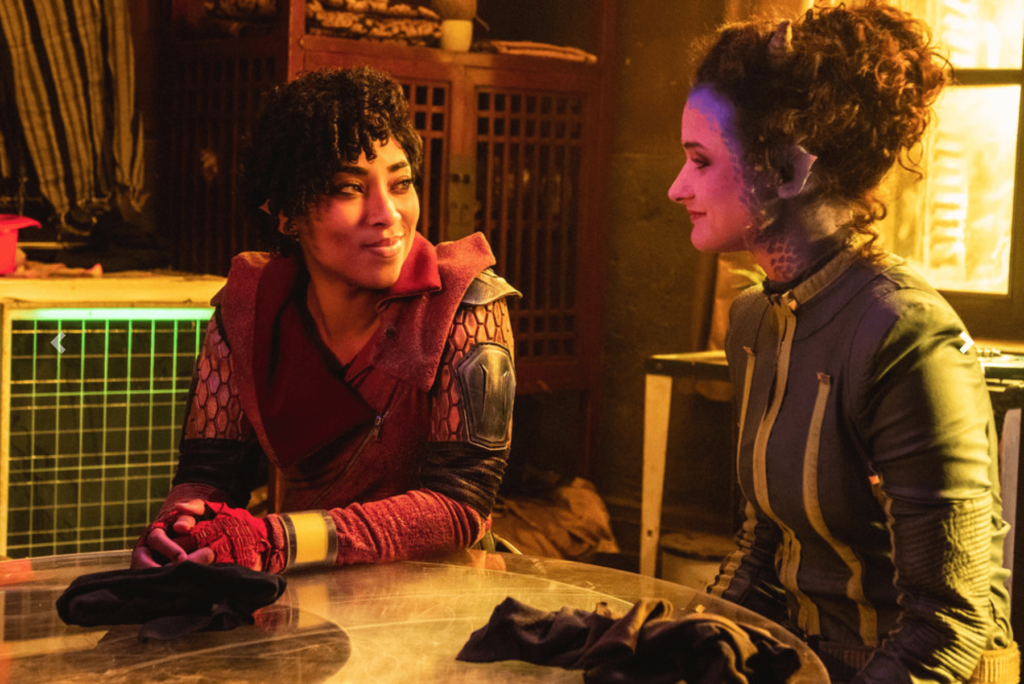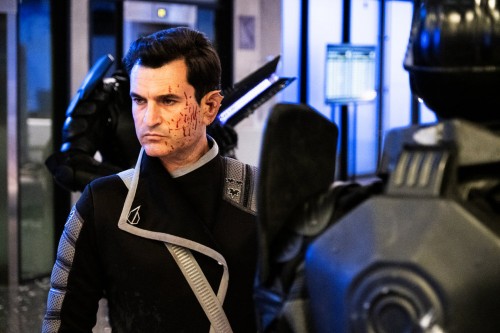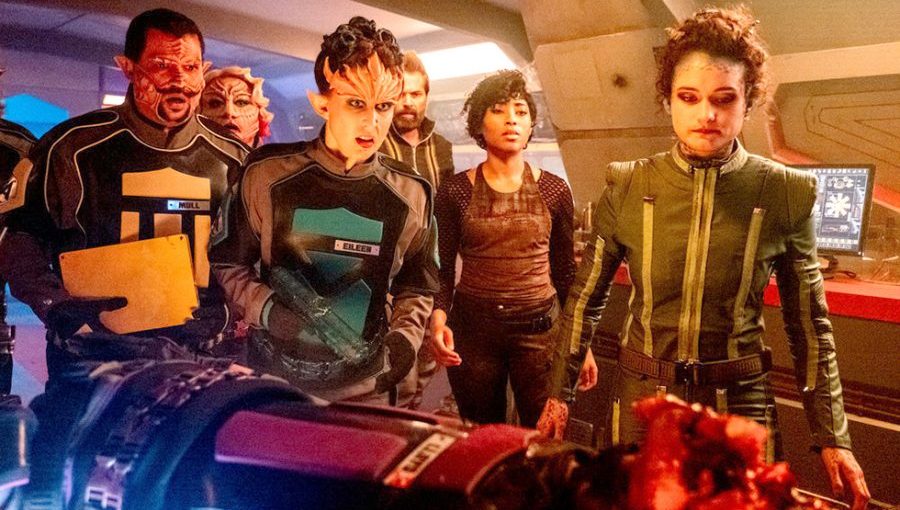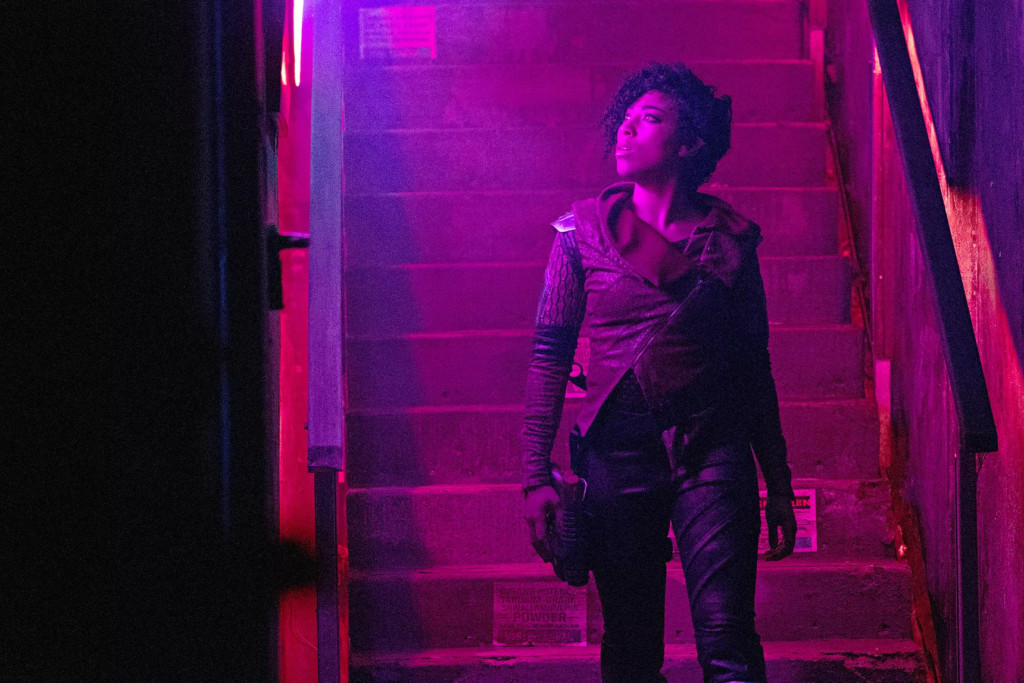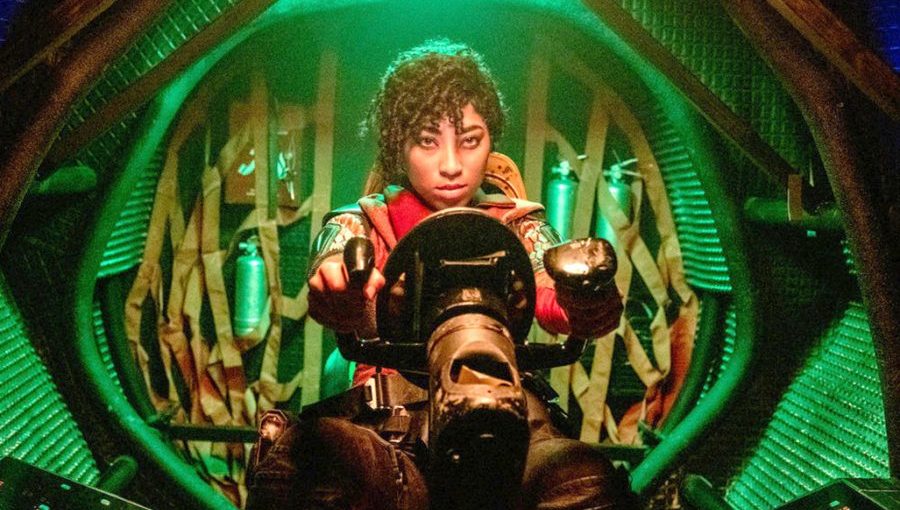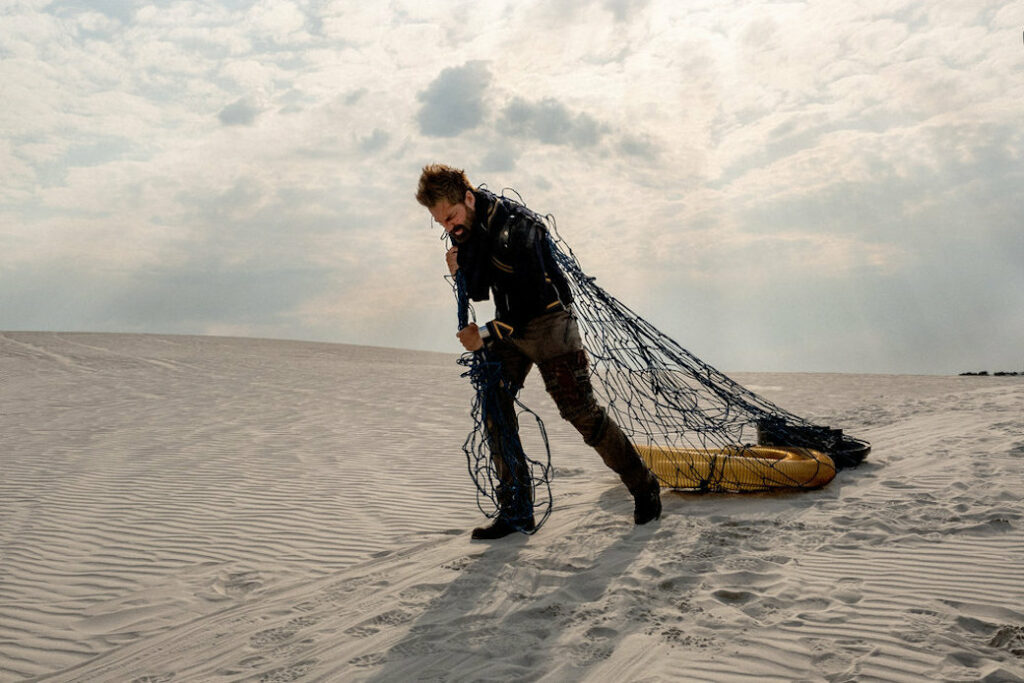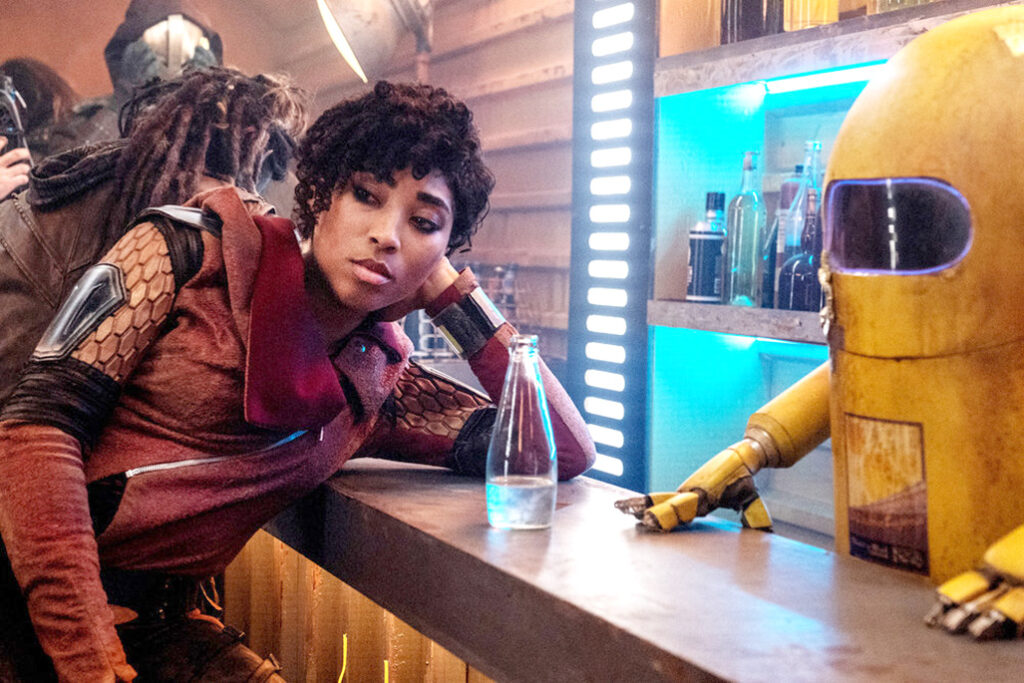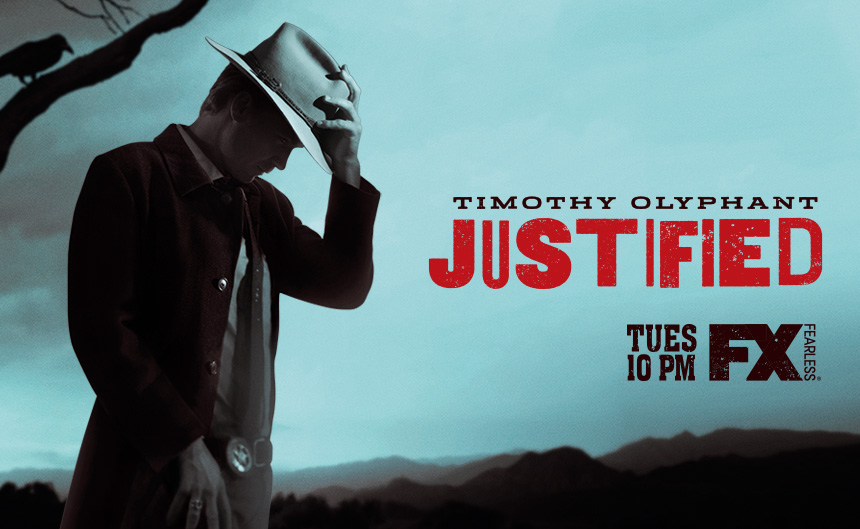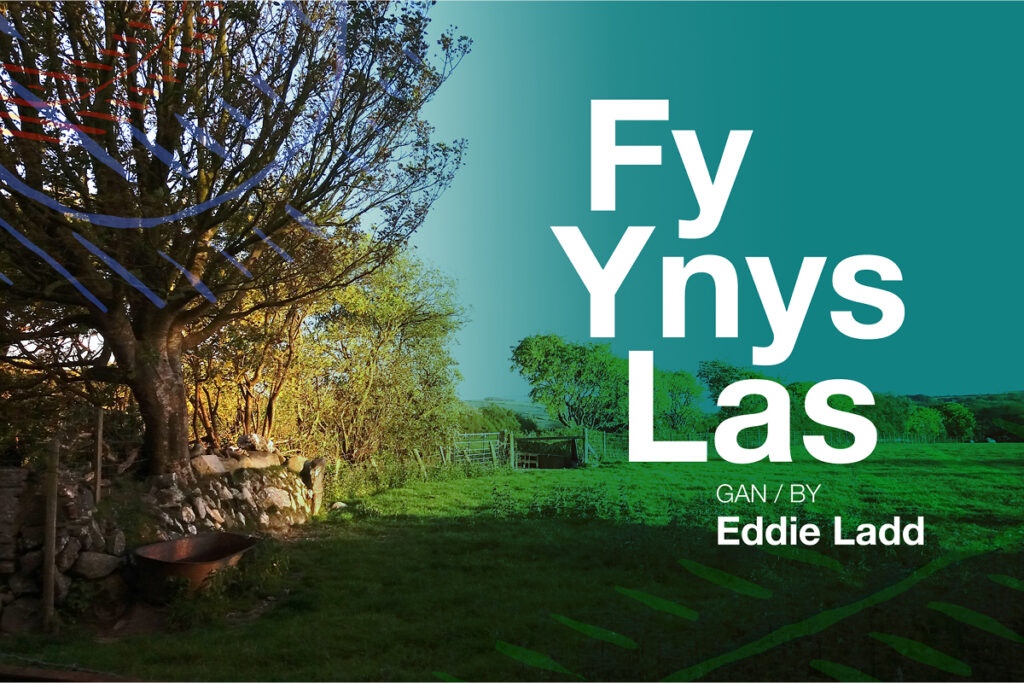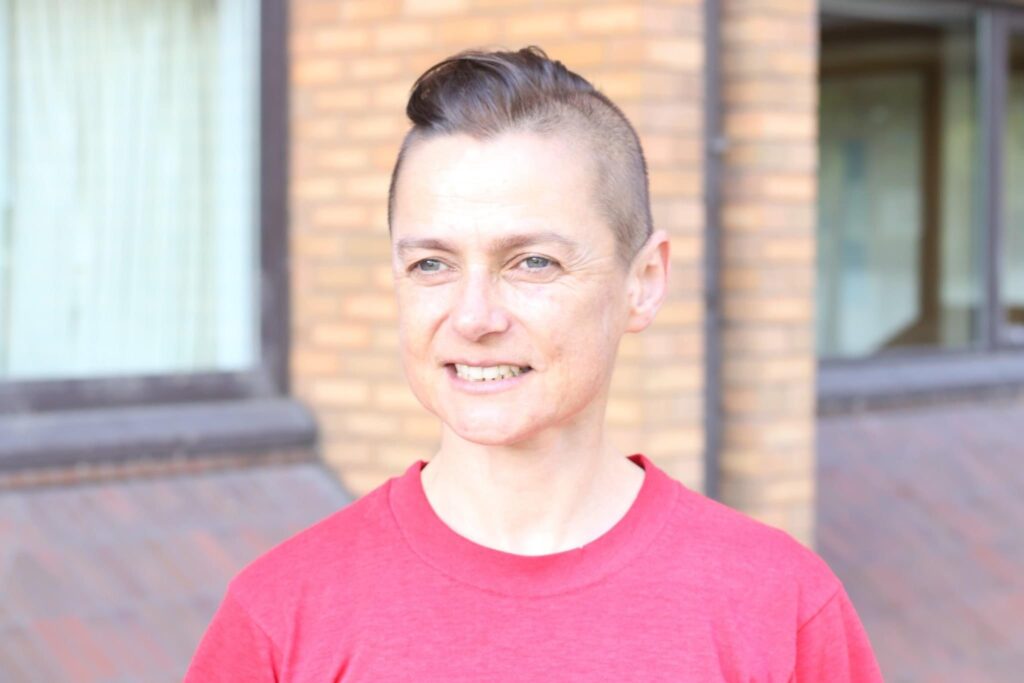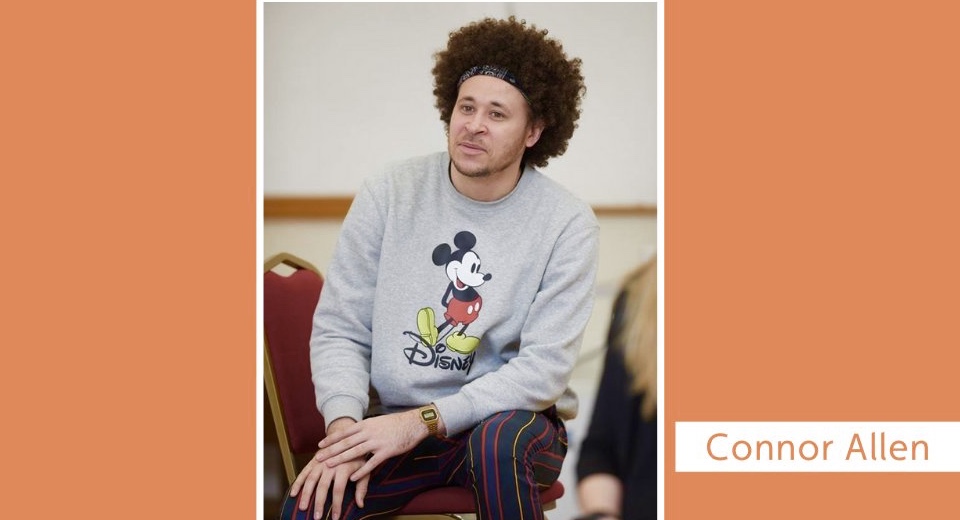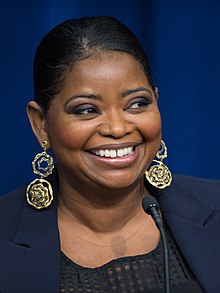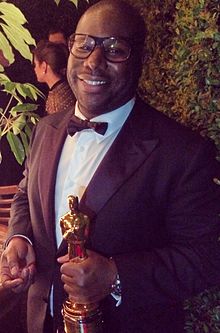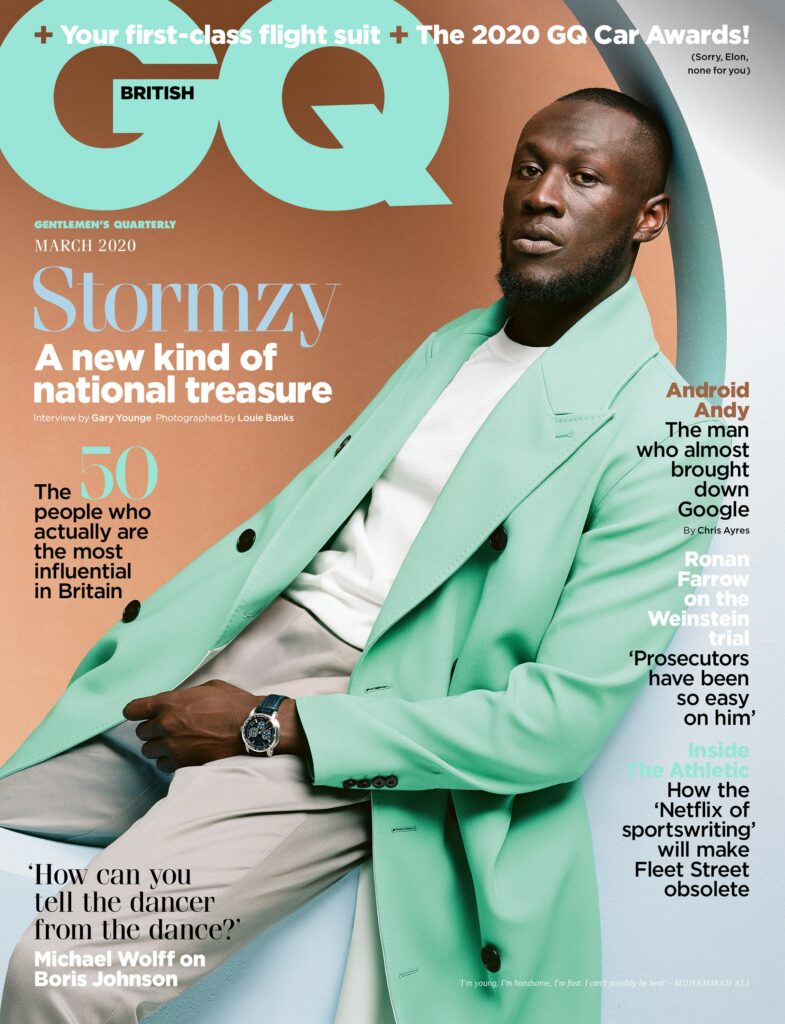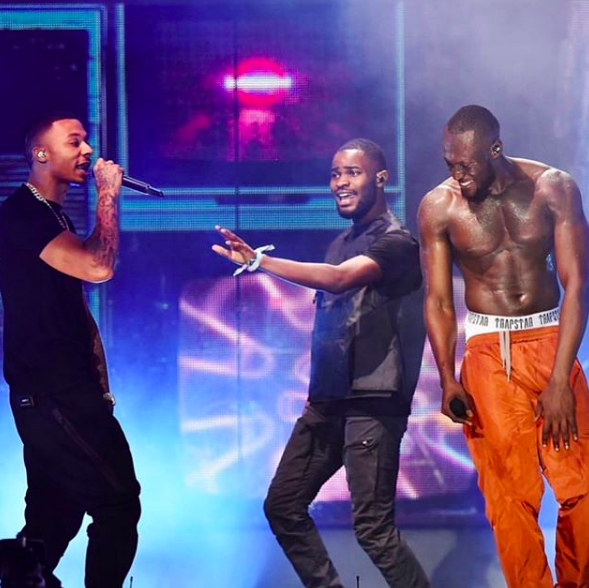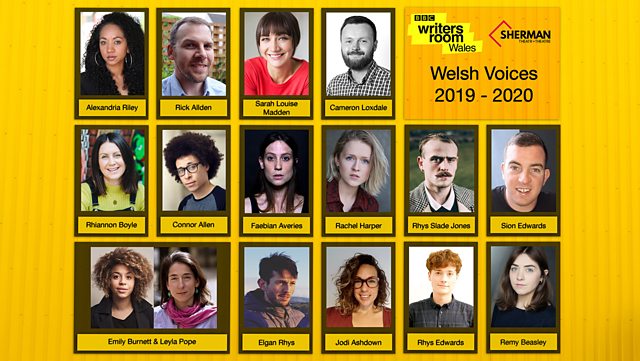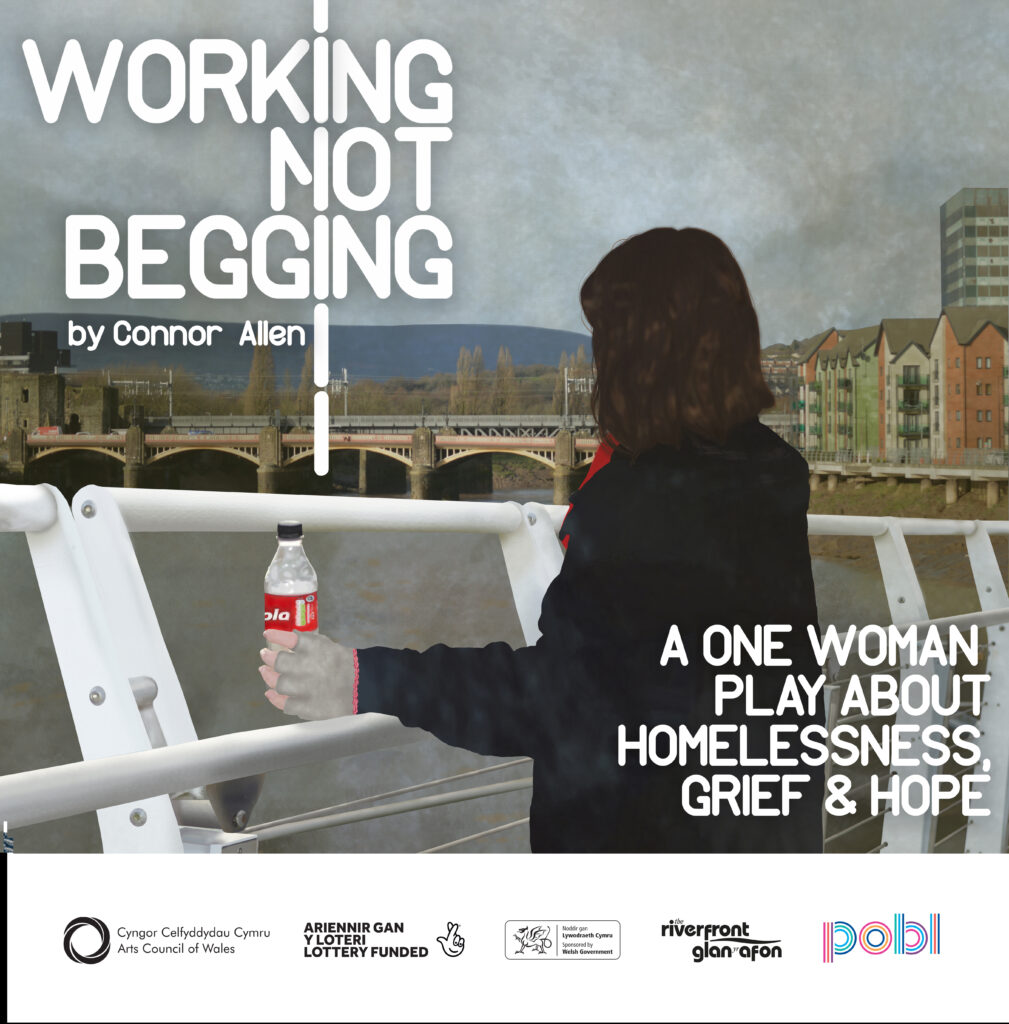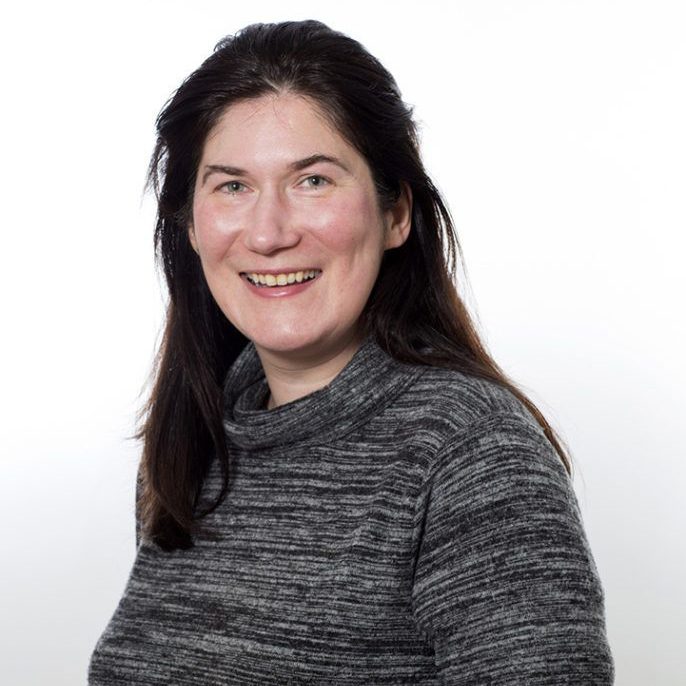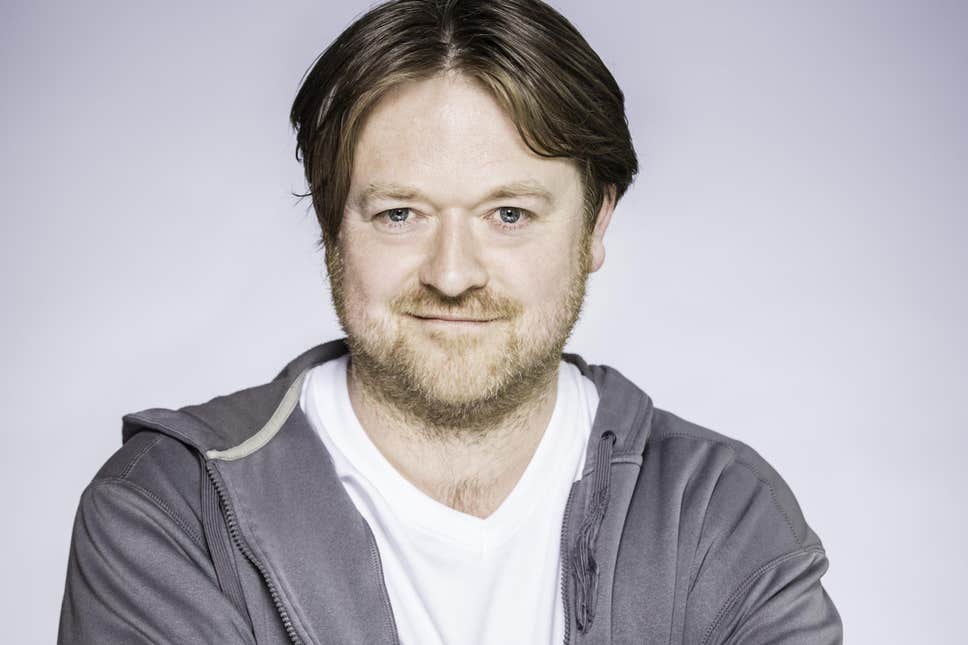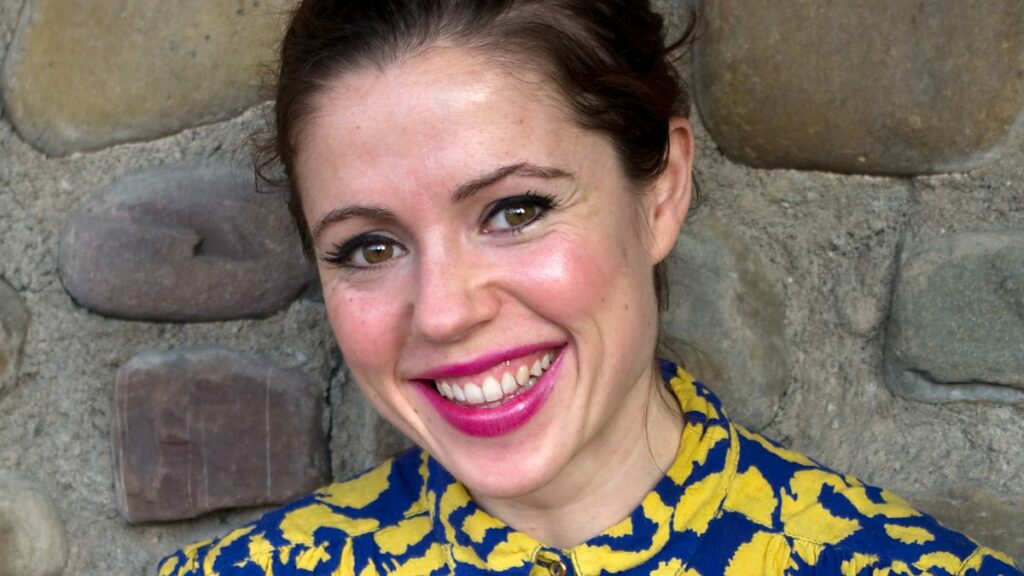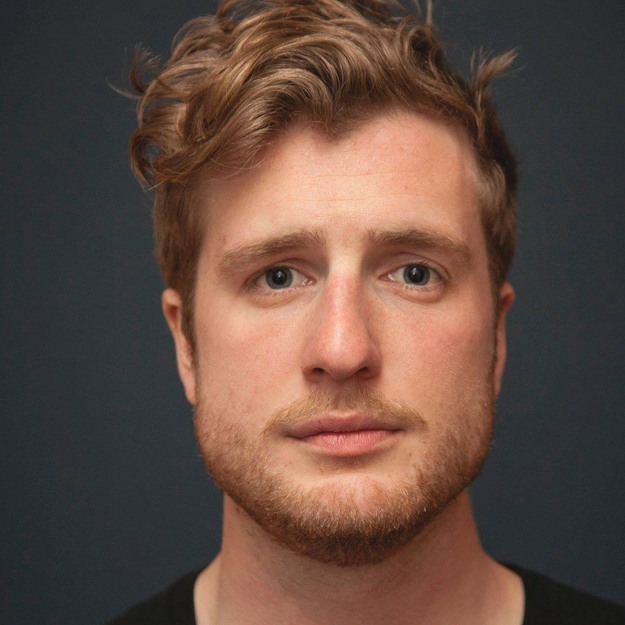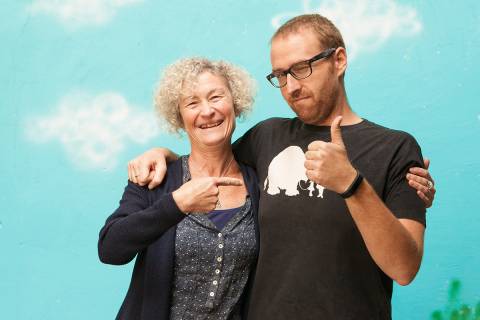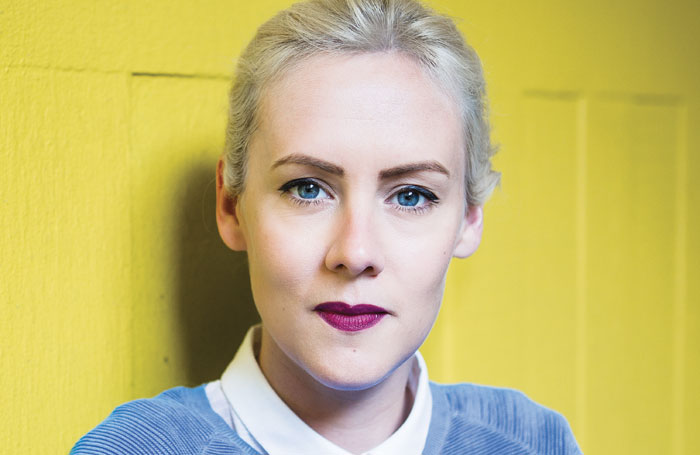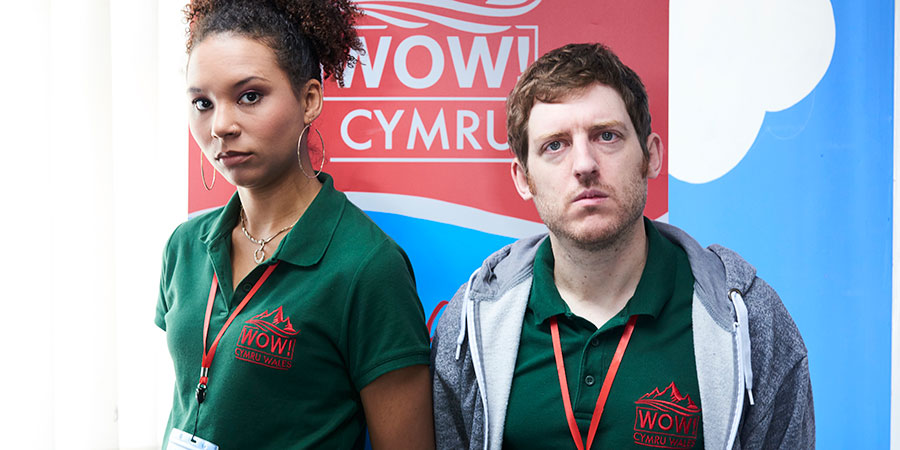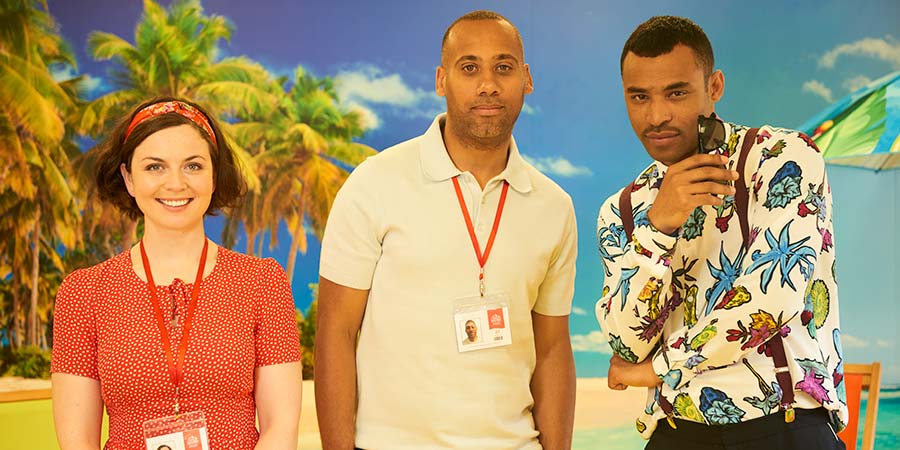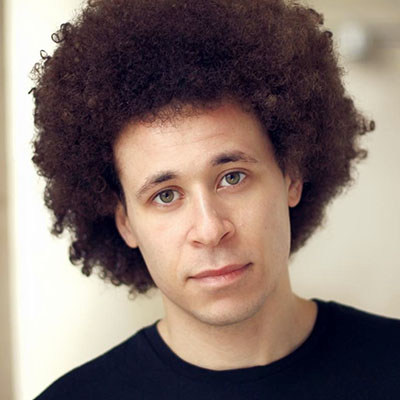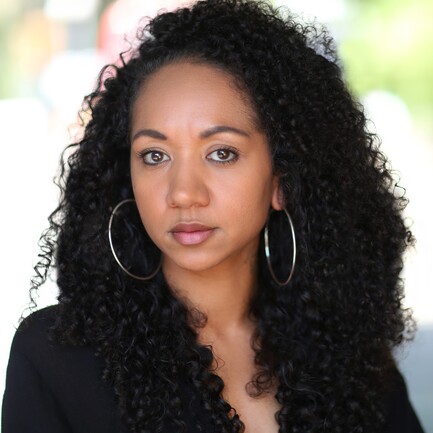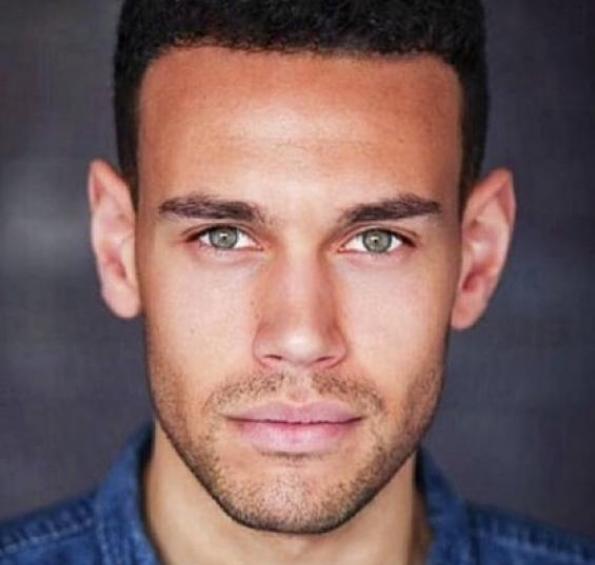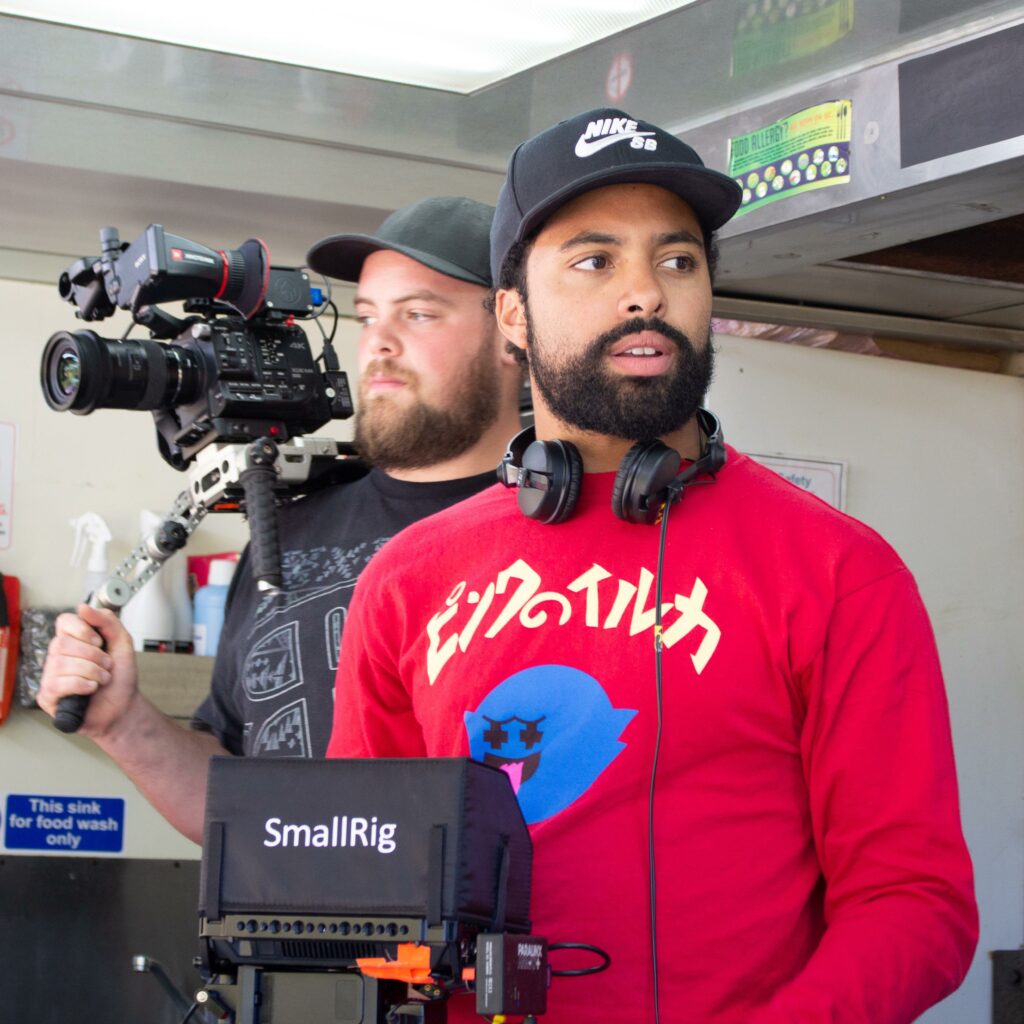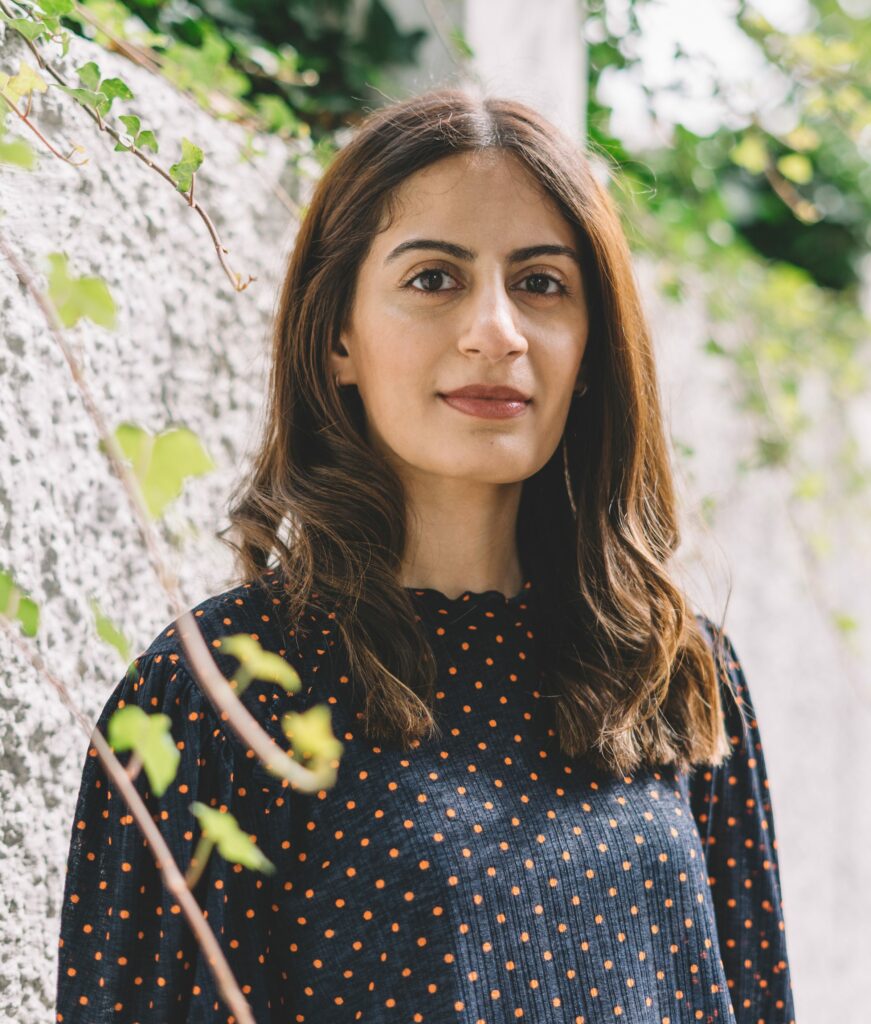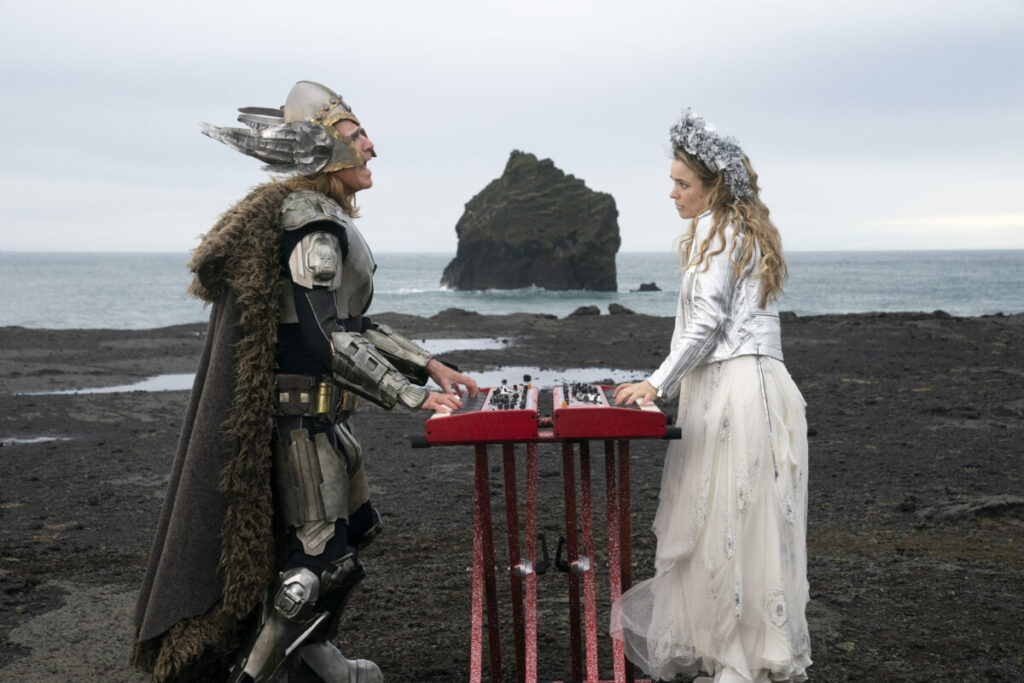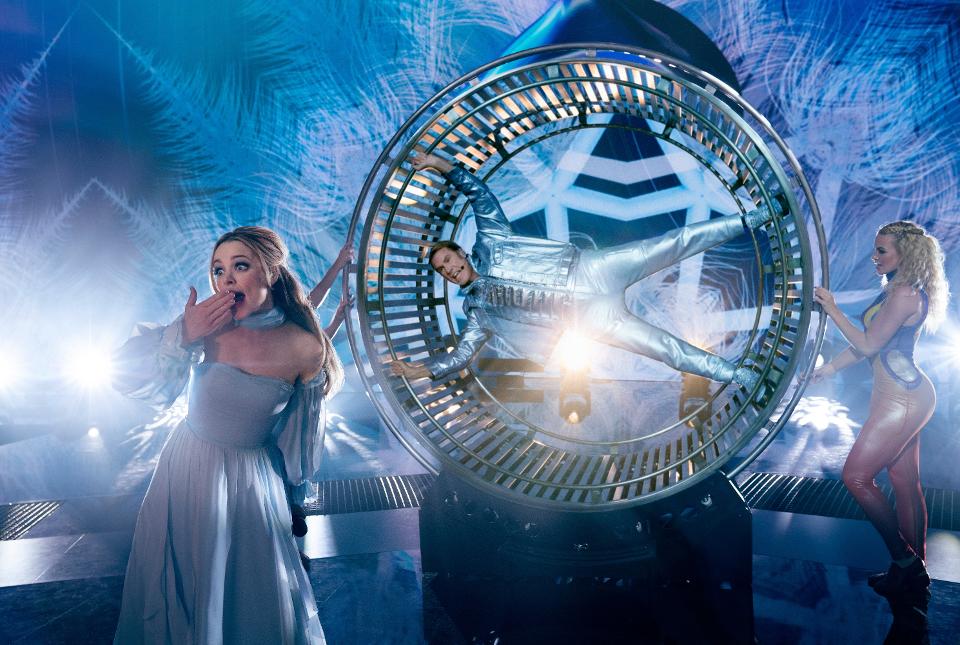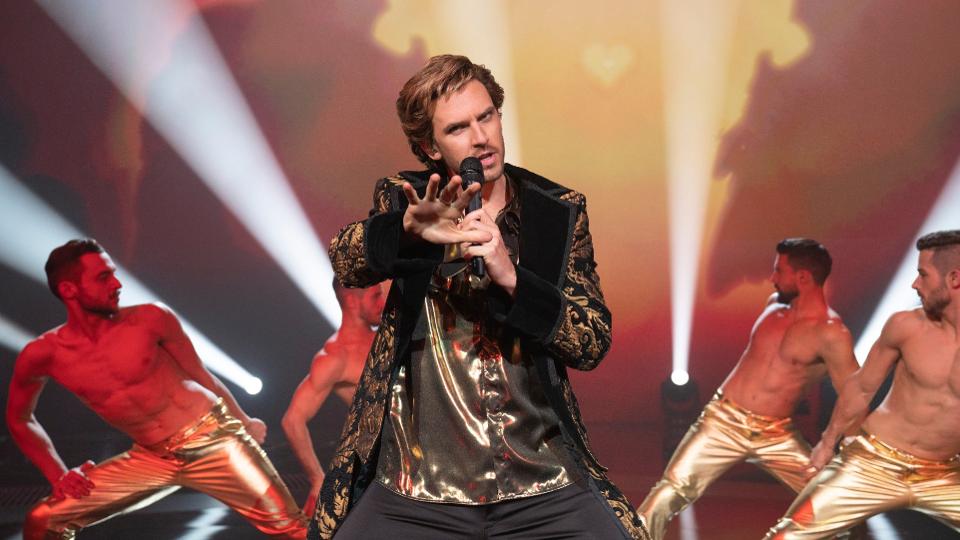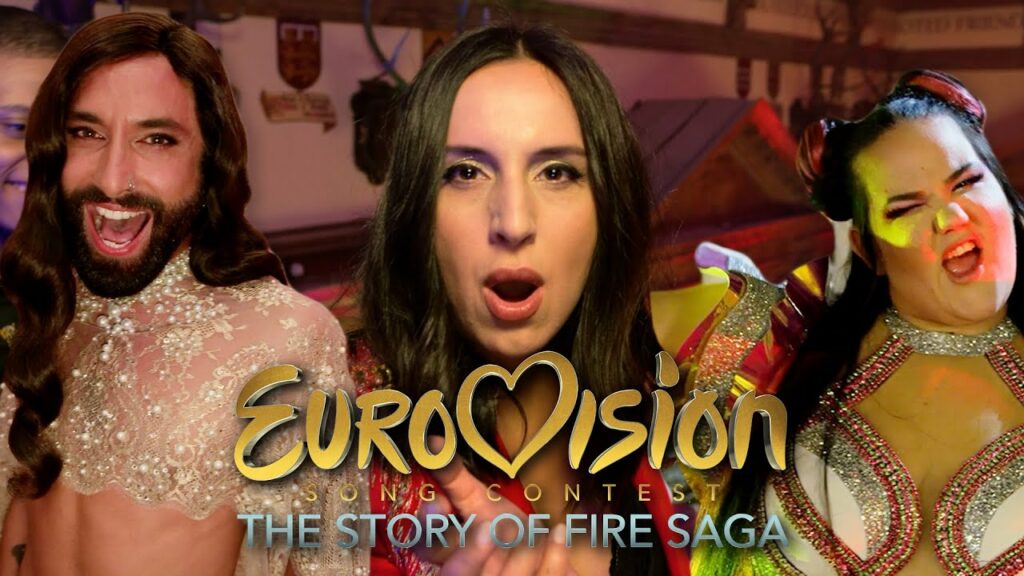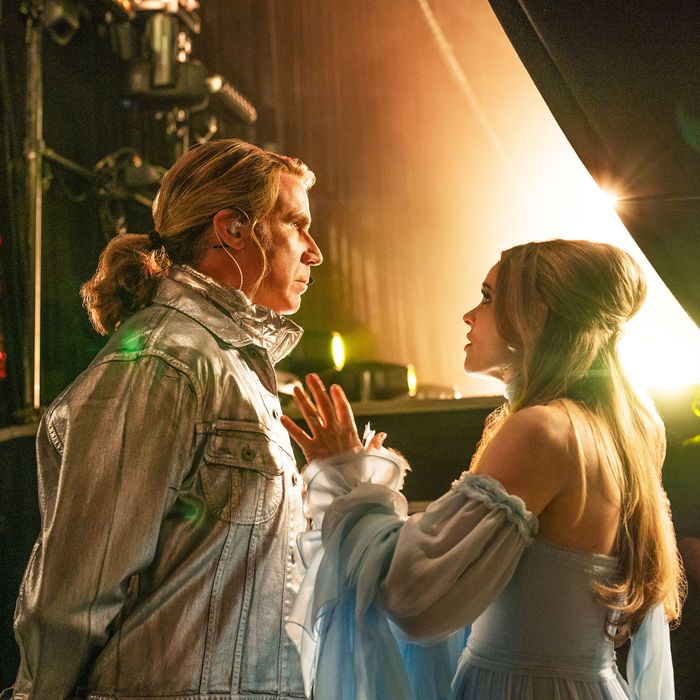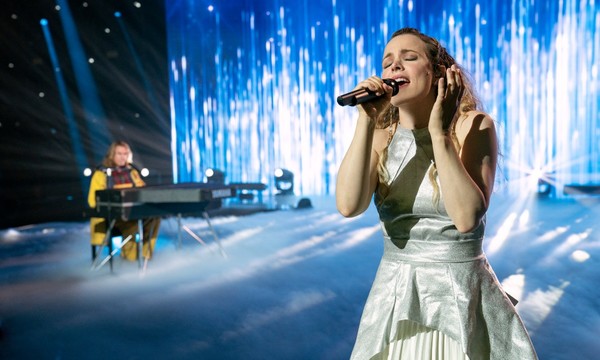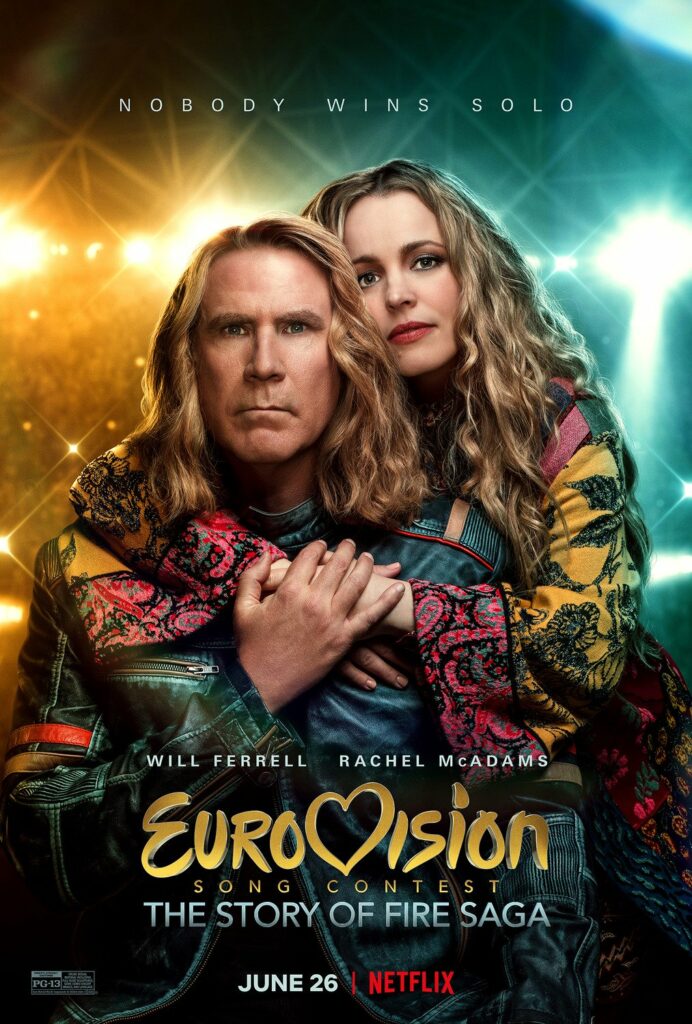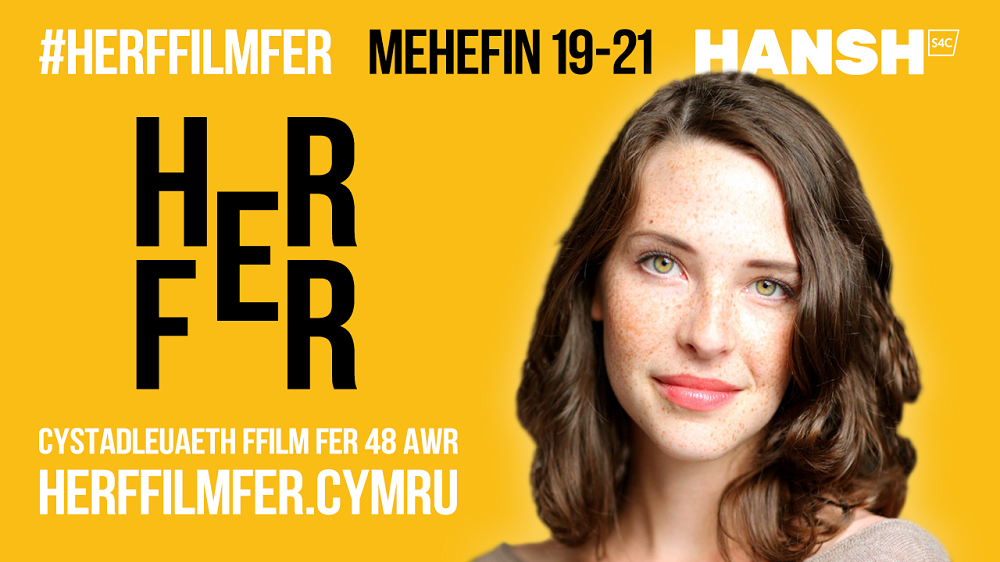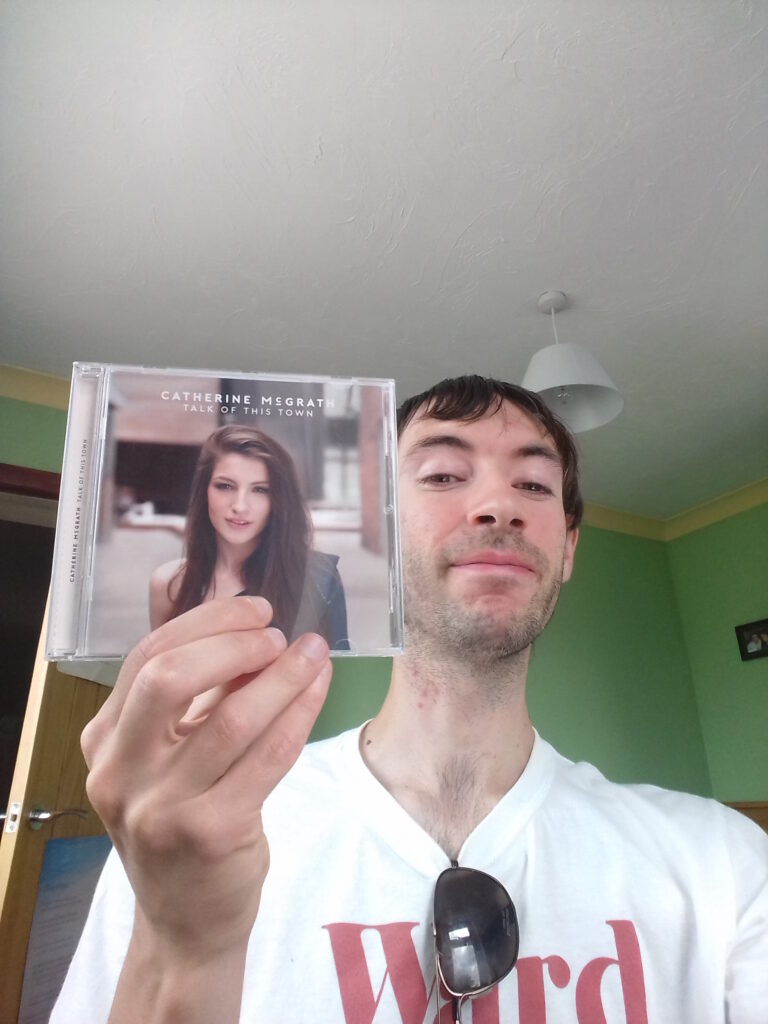Created by Mark A. Altman, a producer on The Librarians and Castle, CW’s summer sci-fi series Pandora follows Jacqueline ‘Jax’ Zhou (Priscilla Quintana), a young woman who enrols in Earth’s Space Training Academy after her home is destroyed and her parents killed under suspicious circumstances. It’s 2199, and humanity is recovering from a decade of war with their extra-terrestrial neighbours, the Zatarians (who are essentially just Romulans with better hairdos). Jax must navigate new alliances, friendships and romances while training to defend the planet in an era of fragile peace and ultimately unravelling her own mysterious origins.

It’s easy to write off any fantastical school as a Hogwarts rip-off, but Pandora’s alma mater is more akin to a sexed-up Starfleet Academy (already a high bar, given Trek’s sexy track record) or even Starship Troopers: The College Years. Now, it’s nowhere near as bitingly satirical as Paul Verhoeven’s stylistically cynical space-soldier romp – and Pandora does name its space academy in the blandest way possible – but there’s a layer of interesting social commentary under the preternaturally pretty sheen of your typical CW cast. It can, at times, lapse into a kind of thematic genericity – but when it hits gold, it glitters.
Nine episodes in to its thirteen-episode first season, and I’m hooked. There’s an indefinable magic to the series that has me eagerly anticipating each weekly instalment. The hardest element of the show, according to its producers, was assembling the right actors for the roles – and in this area they have excelled. The cast really commits to the characters and the story, and the chemistry between the central ‘Scooby gang’ feels natural and genuine, in spite of the rapidity at which it developed. I was invested in the team by episode two and as the show goes on, it shifts the spotlight onto different characters to flesh them out.

The natural leader of our merry band is, of course, Priscilla Quintana as Jax, a character who feels like the descendant of Talon (Jessica Green) from The Outpost, another CW show which has a small budget and a big heart (aka my kryptonite). Quintana is a charming lead and makes Jax feel like a fully realised, even relatable, character when she could so easily have slipped into stereotype. I love that she genuinely cares about people and risks her own safety to do what she believes is right – whilst also being sarcastic as hell. The central mystery as to who – or what – Jax truly is, or could become, drives much of the series’ intrigue; the question of whether Jax – ostensibly the titular Pandora – possesses the calamitous powers of her mythological namesake has become its most relentlessly interesting aspect.

I think the major reason her friendships with her college buddies works so well is that the cast get along and they’re all having a riot. Much of the levity stems from two characters in particular: Atria Nine (Raechelle Banno) and Greg Li (John Harlan Kim). Atria is a clone who escaped her abusive creators to join the academy. Whilst almost everyone else is kitted out in the generic grey-green garb of most science fiction, Atria looks like she’s been pulled straight out of an anime – with her purple hair and technicolour outfits, she could easily come off as parodical, but Banno’s effervescent performance and her character’s internal quest for a soul promise more interesting character beats for her to come. Pandora is also refreshingly clear and upfront about its characters’ queerness, with Atria and Jax openly attracted to people of all genders, and Jax’s relationship with ex-girlfriend Cordelia Fried (Isabelle Bonfrer) taking centre stage in episode eight.
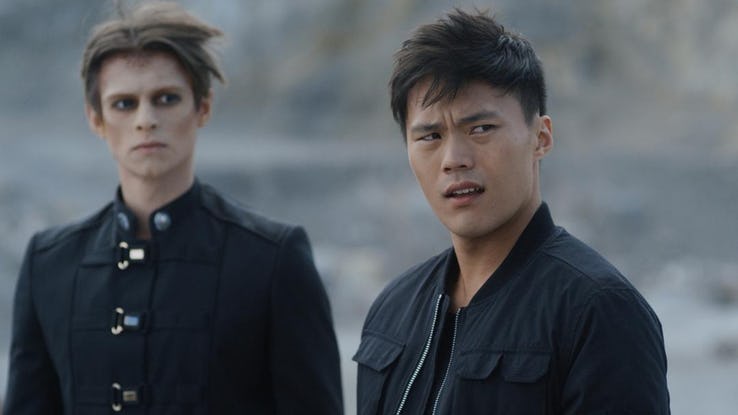
Greg, meanwhile, is a medical student so charming you almost overlook the fact that he is given next to nothing to work with story-wise. Kim played the roguish Ezekiel Jones on TNT’s The Librarians, televisual comfort food at its fluffiest and finest, who started off as a cardboard cut-out and ended the show’s four-season run as its best and most beautifully developed character. Here, he’s a college-era Han Solo with shades of ER’s Dr Ross. It’s refreshing to see a romantic lead who is a genuinely good guy, and not a tormented bad boy with a dangerous streak. Even though ‘Greg’ may not be the most swoon-worthy name in the book, Kim’s charisma and leading man charm is a real boon to Pandora – which is why it’s a shame that he’s side-lined so early on. After a strong start which positioned him as one of the main leads alongside Jax, and a serious contender for her affections, Kim simply doesn’t appear for a good portion of season one for reasons unknown and unjustified.
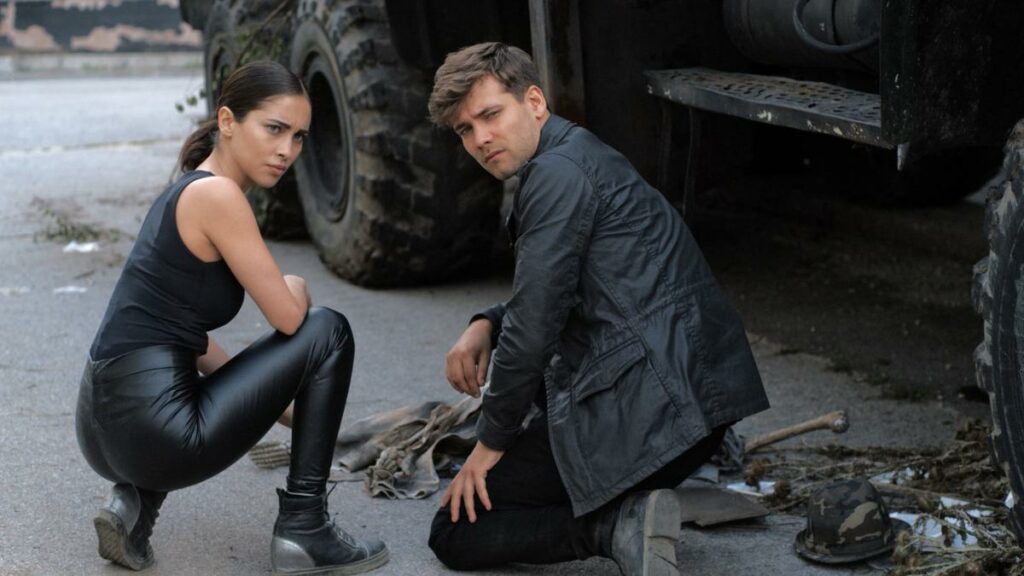
Greg has two major rivals for Jax’s heart, at least in the main cast: Xander Duvall (Oliver Dench), a teaching assistant at the academy, and Ralen Maht (Ben Radcliffe), son of the Zatarian ambassador, and whose enrolment at the Academy is something of an olive branch after years of warfare between his species and humanity. I’m fairly certain that Xander is being set up as Jax’s endgame love interest, which is a shame because of her four suitors he’s the least compelling thus far. Despite being some kind of super-badass TA with a secret mission and murky past, there’s no real emotional hook to his character, and he’s written to be so buttoned-up and officious that he can’t even rely on charm, as John Harlan Kim does, to plaster over the gaps – the writers seem to have decided he’s The One and that’s the end of it. I would be pleasantly surprised if they’ve planned a more interesting trajectory for him (à la Agents of S.H.I.E.L.D.) but I’m not optimistic.
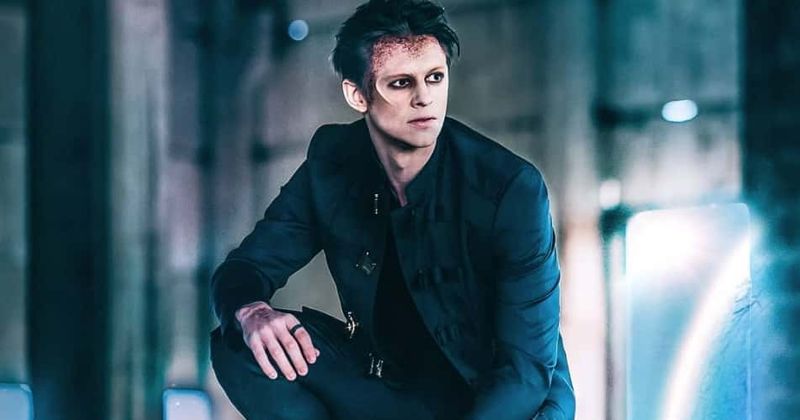
Ralen, on the other hand, is much more intriguing. Although he’s initially sketched in the broad strokes of Star Trek’s Lt. Comm. Data – driven by logic and intellect over outward emotion, often to humorous effect – Radcliffe rises above archetype and crafts Ralen as a sweet, sensitive and soulful person torn between loyalty to his people and his newfound human friends. His striking performance is embellished by subtly effective makeup and a great wardrobe – he looks like if Tom Holland was possessed by a demon and subsequently raised by David Bowie and Spock. Ralen’s already great on the page and on the screen but Radcliffe is the reason he’s so compelling – not only does he get to shine in fight scenes thanks to Radcliffe’s gymnastics know-how, his physicality in dialogue-driven scenes gives the character a genuine alien feel that enhances the sense of otherness between him and his Academy friends.

Rounding out the fellowship are Thomas James Ross (Martin Bobb-Semple) and Delaney Pilar (Banita Sandhu), arguably the characters with the most potential going forward. Pilar is a nannite-enhanced human whose cybernetic implants allow her to access the Datastream (basically the internet but turned up to eleven). She’s given centre stage in episode six, where she is bullied and attacked by other students jealous of her beauty and academic prowess, in a way which interestingly investigates campus culture. As Jax’s roommate, Pilar shares the most screen-time with her so far, but I’m hoping she and Atria will grow closer because of their shared territory in bio/tech fusion.

As well as being the best-dressed on the show by a mile (I think half the budget went on his jackets, and I call that money well spent), Thomas also has the strongest arc so far, thanks to a wonderfully anchored performance from Bobb-Semple and some brilliant developments in episode five, where he is reunited with his fair-weather father, Billy D. (Richard Blackwood). Billy can read minds, Thomas can read emotions – and while Billy initially comes off as a suave psychic conman, the episode explores the complexity of their relationship and the dark origins of Billy’s powers and their connection to Earth’s wartime strategy against the Zatarians. Their complex father/son is a definite highlight of the series so far, and their story was genuinely emotional.
The episode, and Thomas in general, also brings some much-needed conflict into the main gang in a show in which everyone seems to have buddied up instantaneously, when he falls out with Jax for very legitimate and understandable reasons and causes a rift amongst the ‘Super Friends’. There’s a general wariness of Ralen, as the sole Zatarian student, but this brings conflict of a passive kind. The conflict involving Thomas occurs because he is a more active character, narratively speaking – and the show would do well to write more of its characters in this way. Conflict drives the story and reveals who the characters truly are because it forces them to make challenging and difficult choices – our cast of young heroes is diverse, charming and brimming with potential, but there’s simply not enough friction between them just yet.
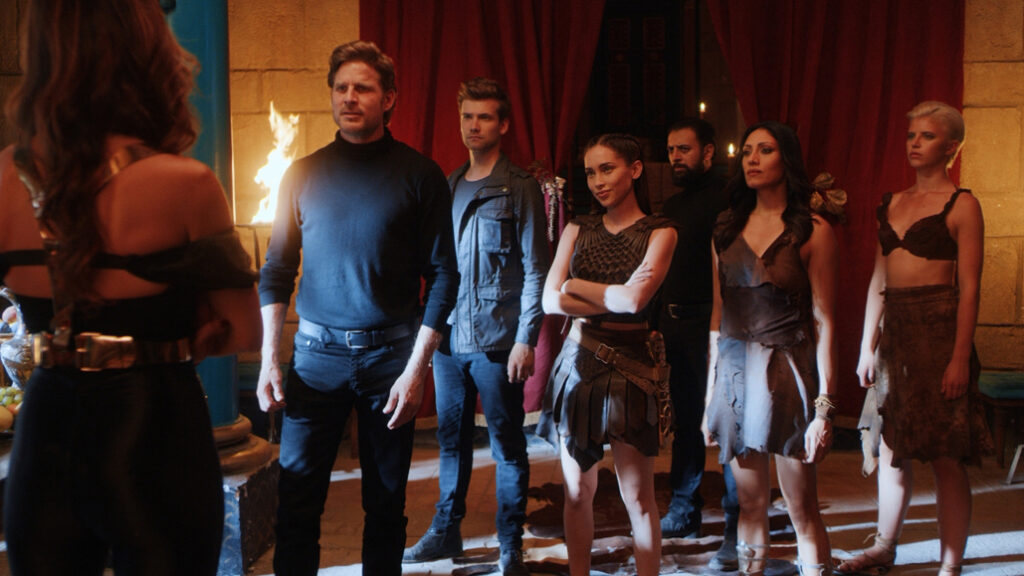
The gang’s most obvious Earthbound antagonists, for now, are their professors. Profs Ellison Pevney (Tommie Earl Jenkins) and Martin Schral (Vikash Bhai) are basically Lupin and Snape in all but name – Bhai’s supercilious Schral even reprimands Jax for being late in an almost beat-for-beat recreation of Alan Rickman’s introductory scene in Harry Potter and the Philosopher’s Stone – but the most pivotal is Jax’s shady uncle Professor Donovan Osborn (a nefarious moniker if ever I’ve heard one).
Played by Noah Huntley and looking like the bewaistcoated lovechild of Peter Facinelli and Eric Bana, Osborn may be largely confined to his (rather swish) office as yet, but he’s an intimidating and perplexing presence – is he a cog in the machine or the puppet master? The existence of Osborn alone raises several points of interest, not least the seemingly non-existent separation of powers in late 22nd century Earth – Osborn is not only a professor in wartime politics and battle strategy at the Academy, he’s also a high-level operative in the Earth Intelligence Service, which is (by Huntley’s own admission), a ‘futuristic CIA’. On a more superficial note, the man should really have his own fashion line in sci-fi couture, because his outfits are to die for. If you’re a fan of how the genre tweaks familiar clothing in ways that make them more science fiction-y, Pandora is the show for you.

Although its world-building can sometimes feel derivative, and the inner lives of its characters are still being formulated, Pandora is an intriguing and compulsively enjoyable show that has much to recommend it and heaps of potential for its future. It’s another entry in the ‘small on budget, big on heart’ genre I love so dearly, and it does a lot with what it’s got, incorporating exciting fight scenes, cool missions and constructing its plots around thematic analyses of xenophobia, intolerance, climate change, and colonialism. I hope the bizarre choice to call the alliance of planets a ‘Confederacy’ is critiqued in-universe and that we see more sympathetic Zatarians than just Ralen. A second season has already been ordered, and though the first has so far been a shaken martini of potential, I’m interested to see which box Pandora opens next.
Pandora airs on Syfy Channel in the UK on Thursdays at 9pm.



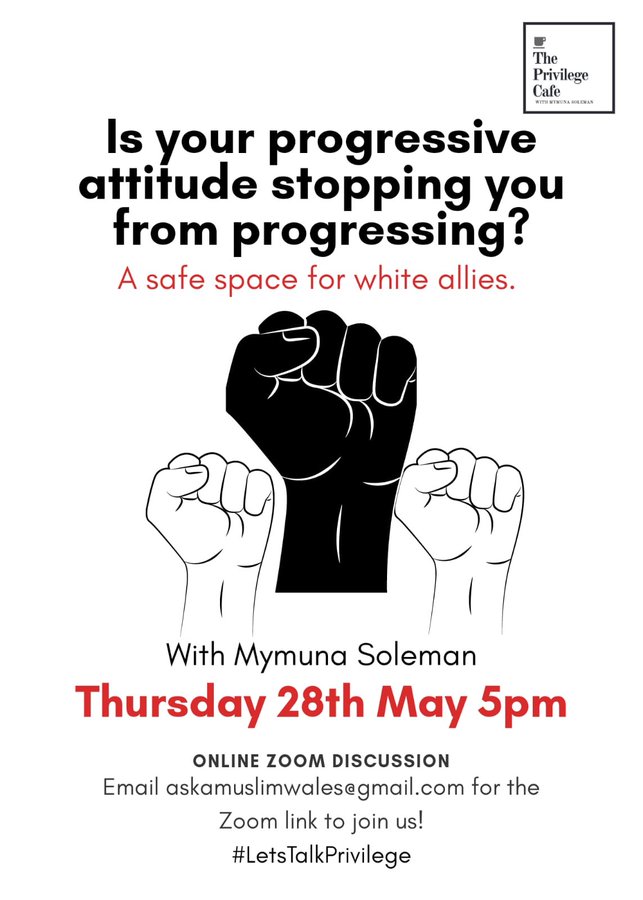
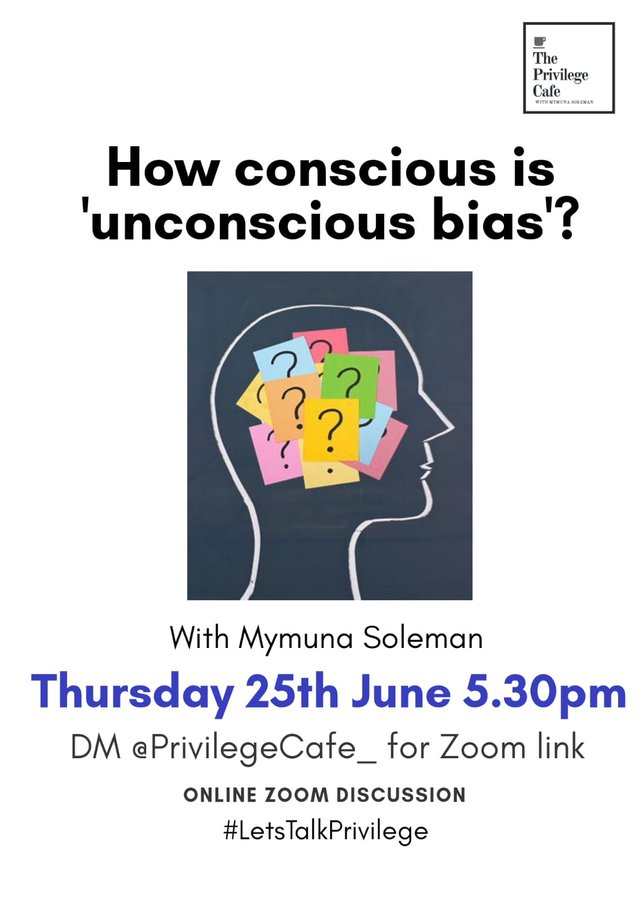
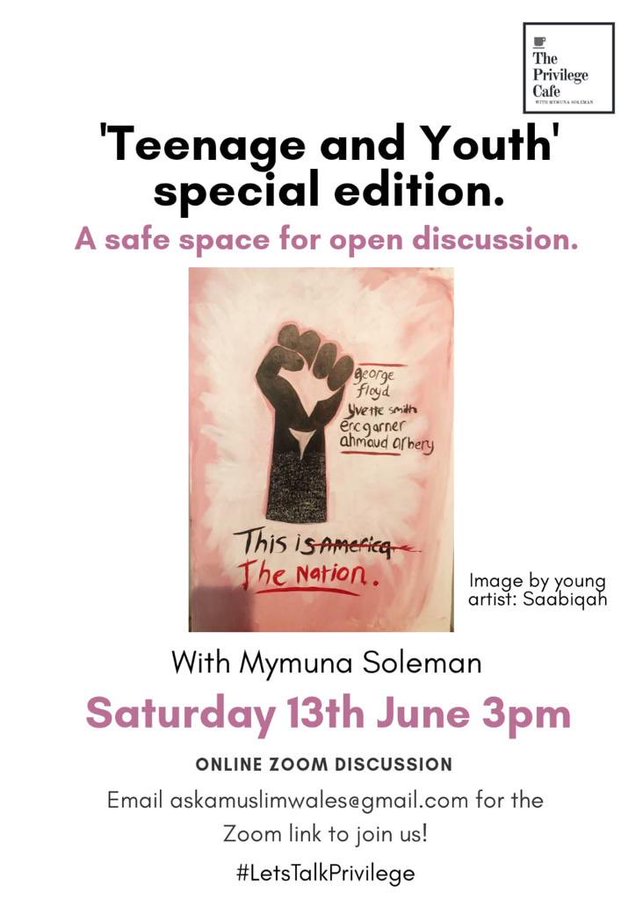
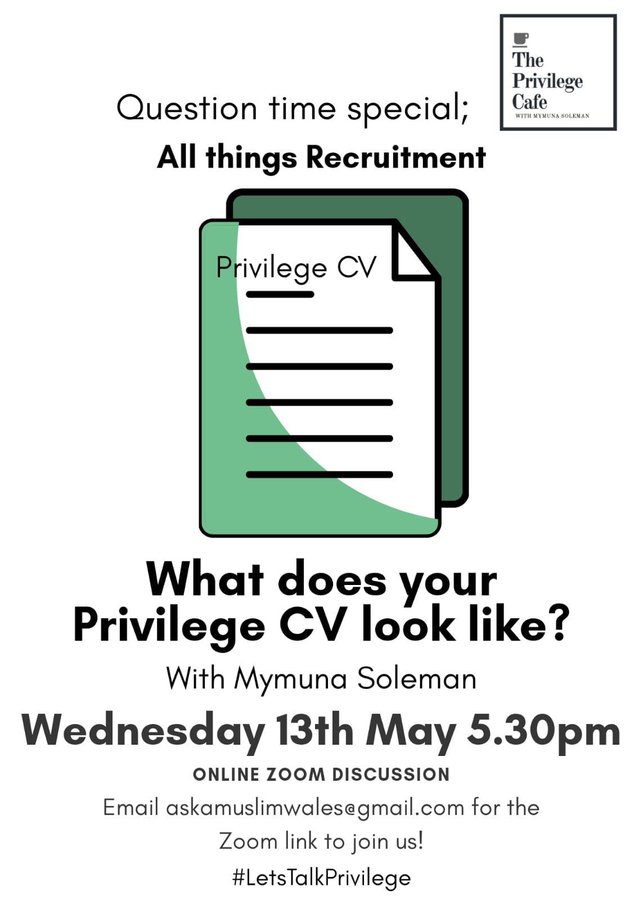
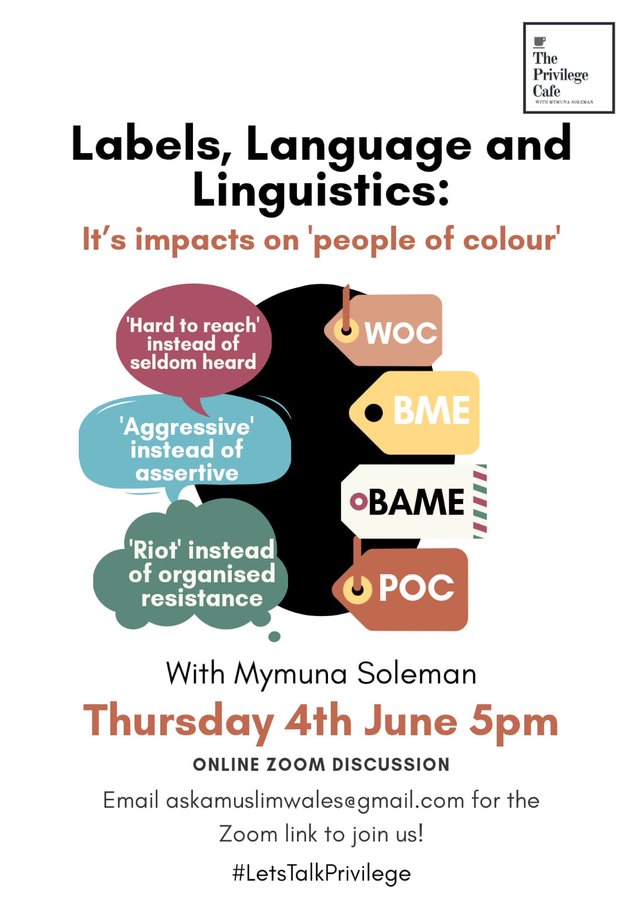

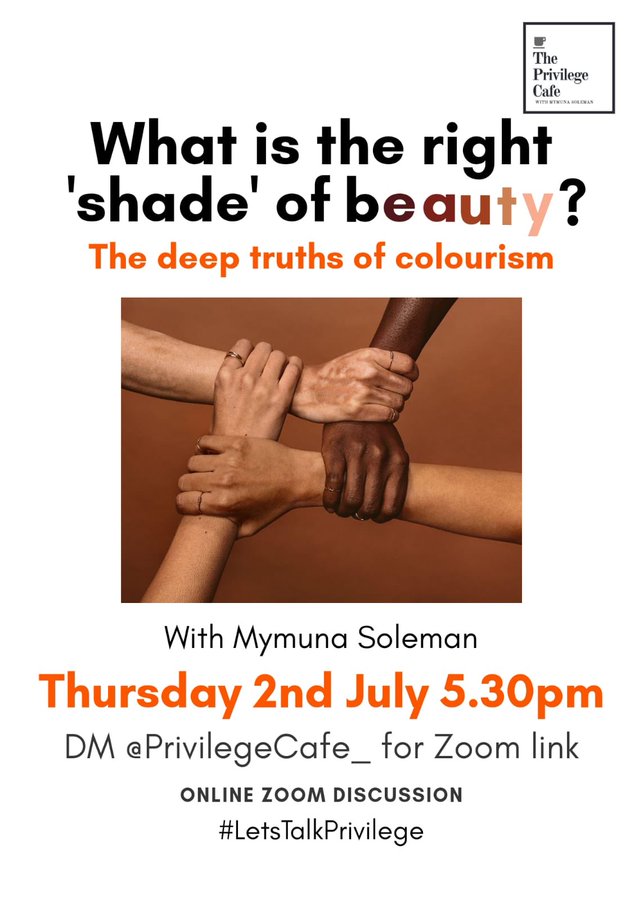
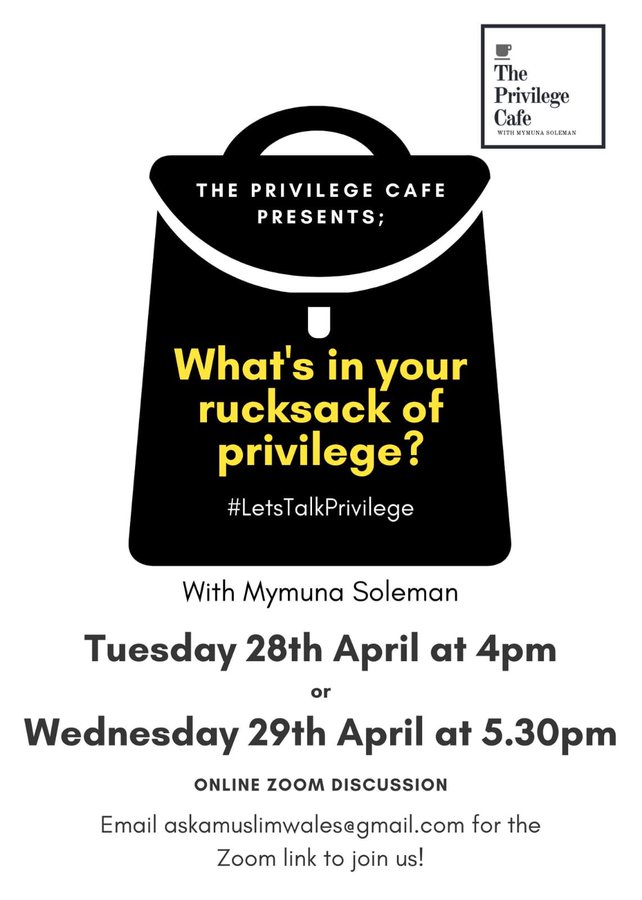
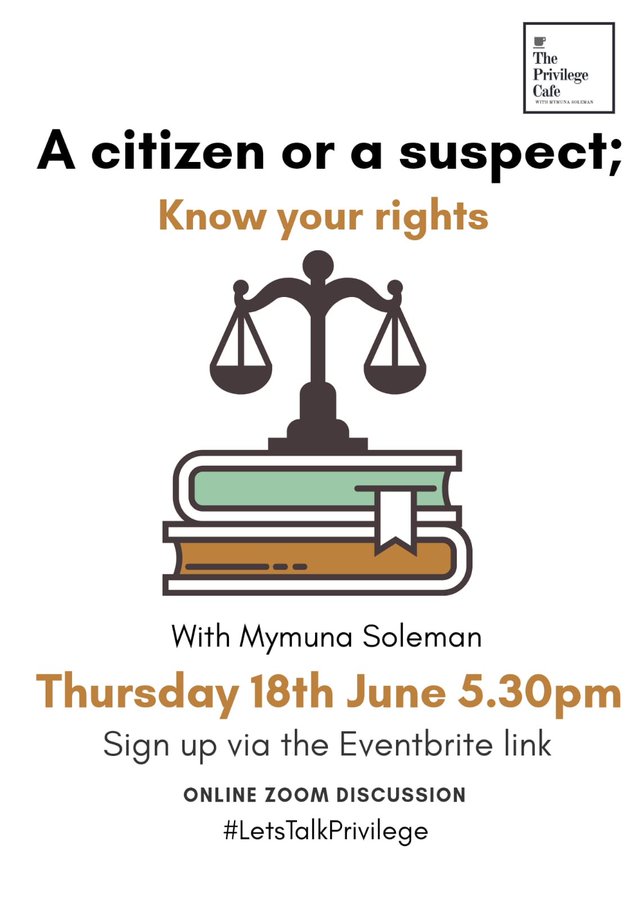
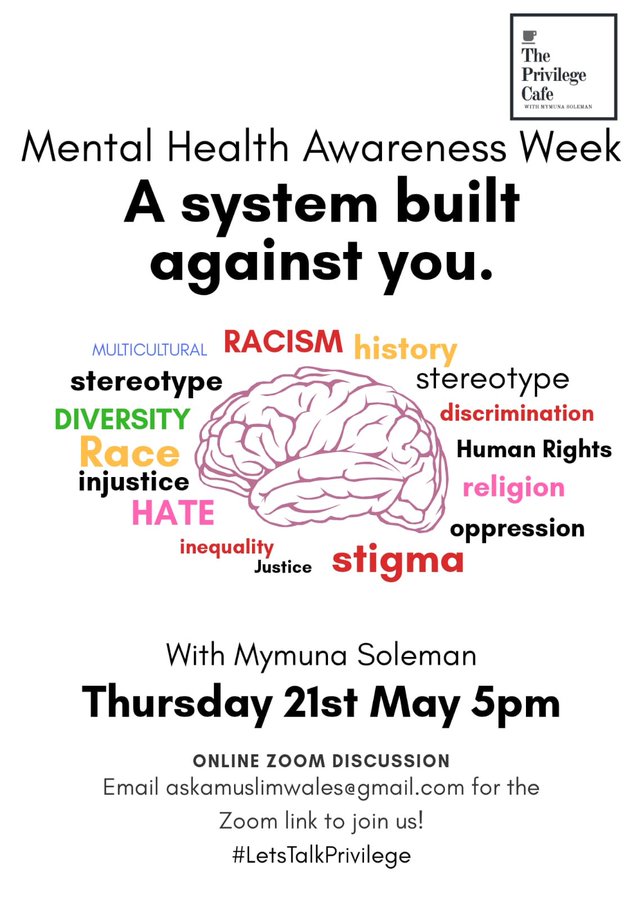
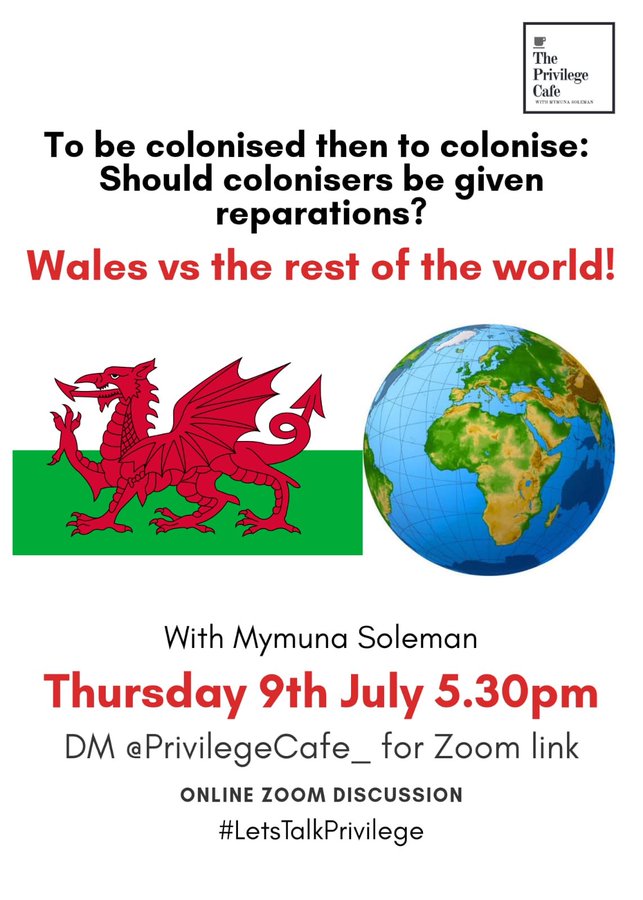
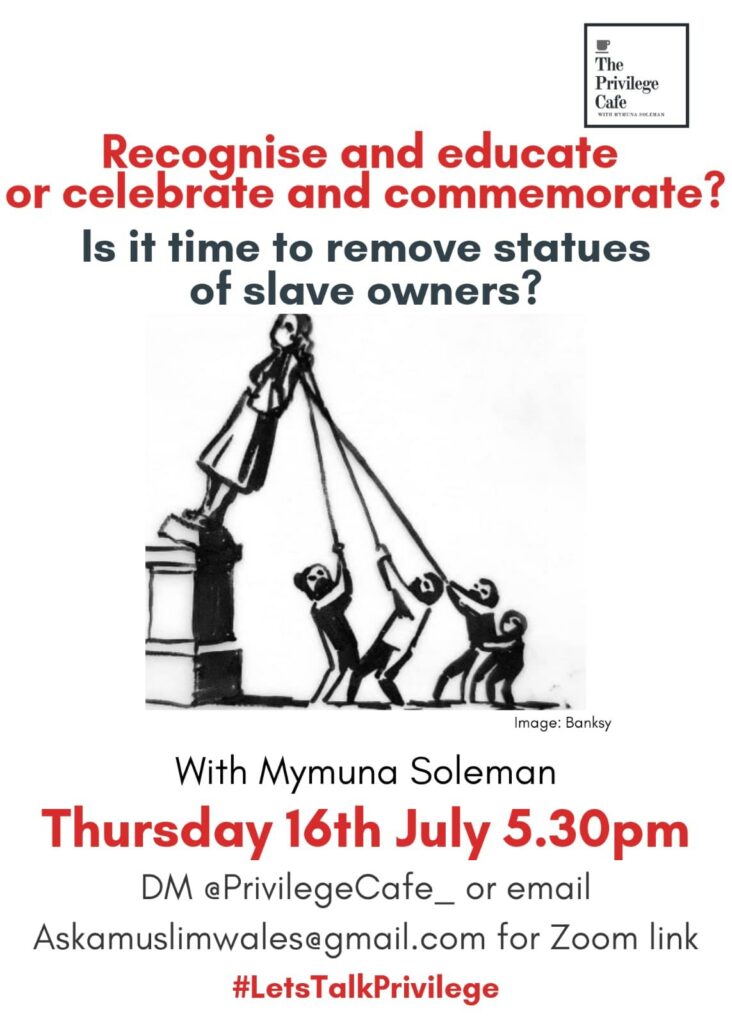
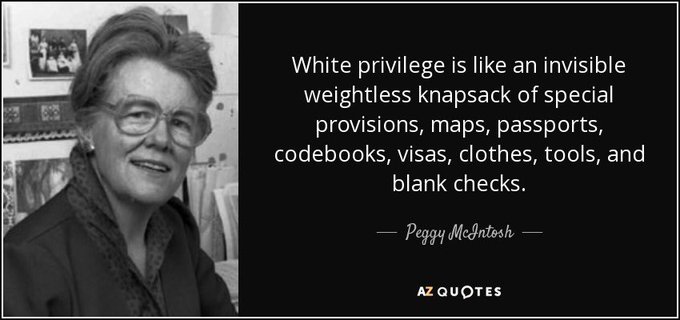
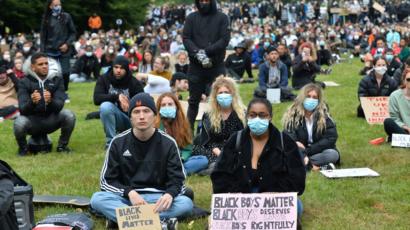
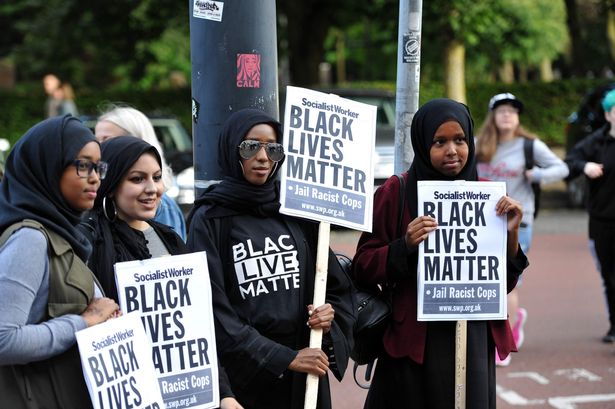
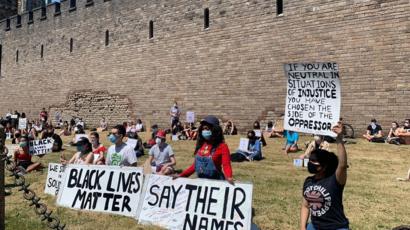
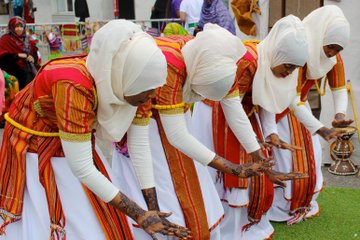
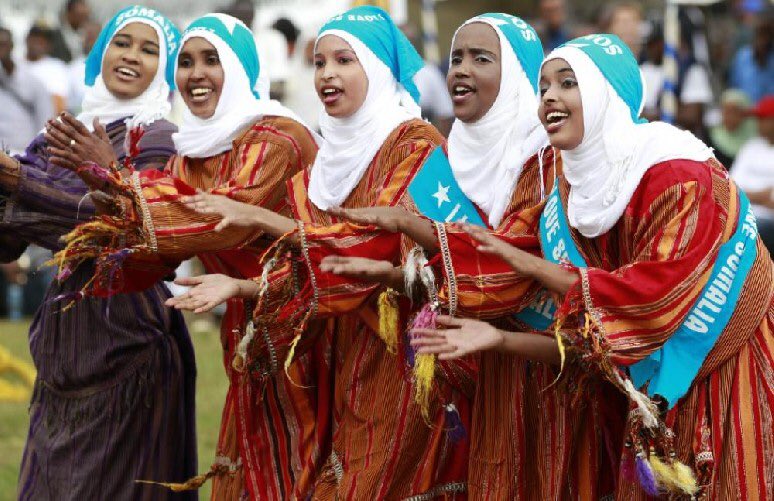
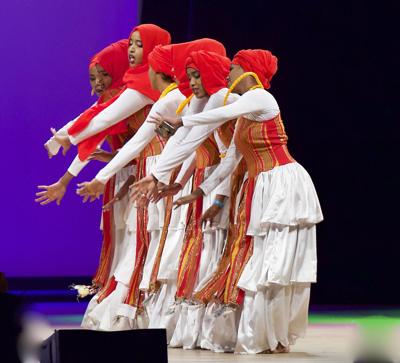
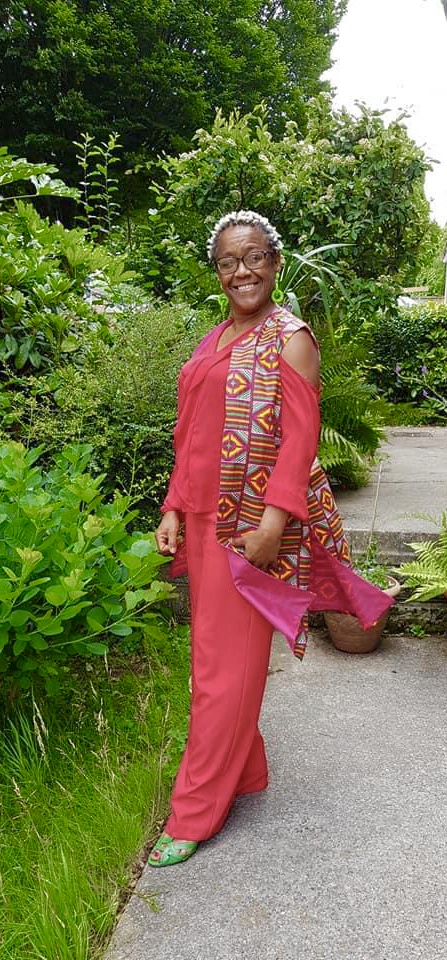
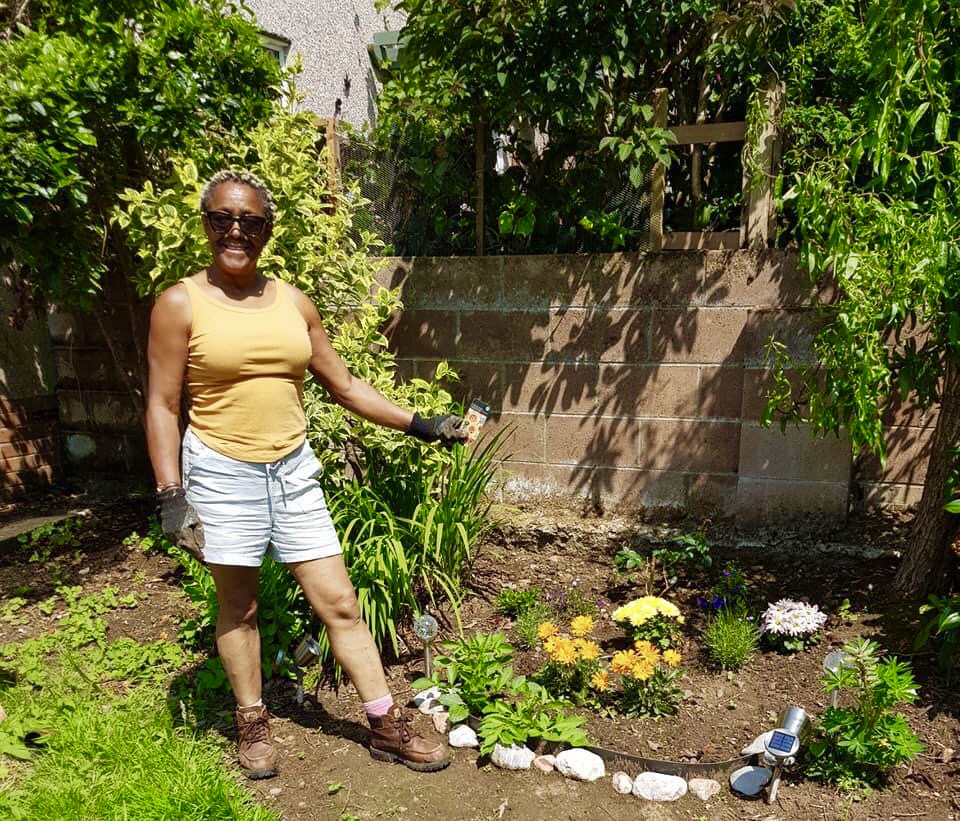
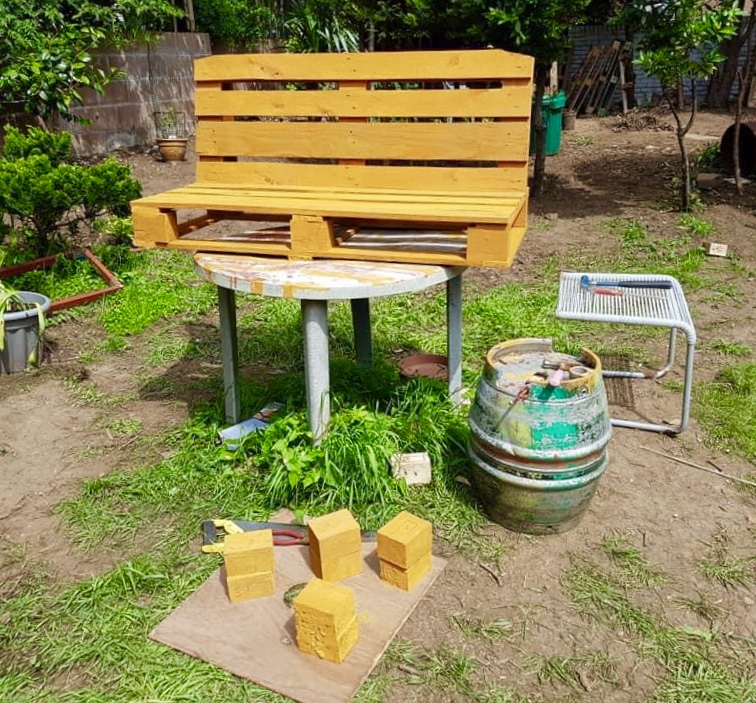
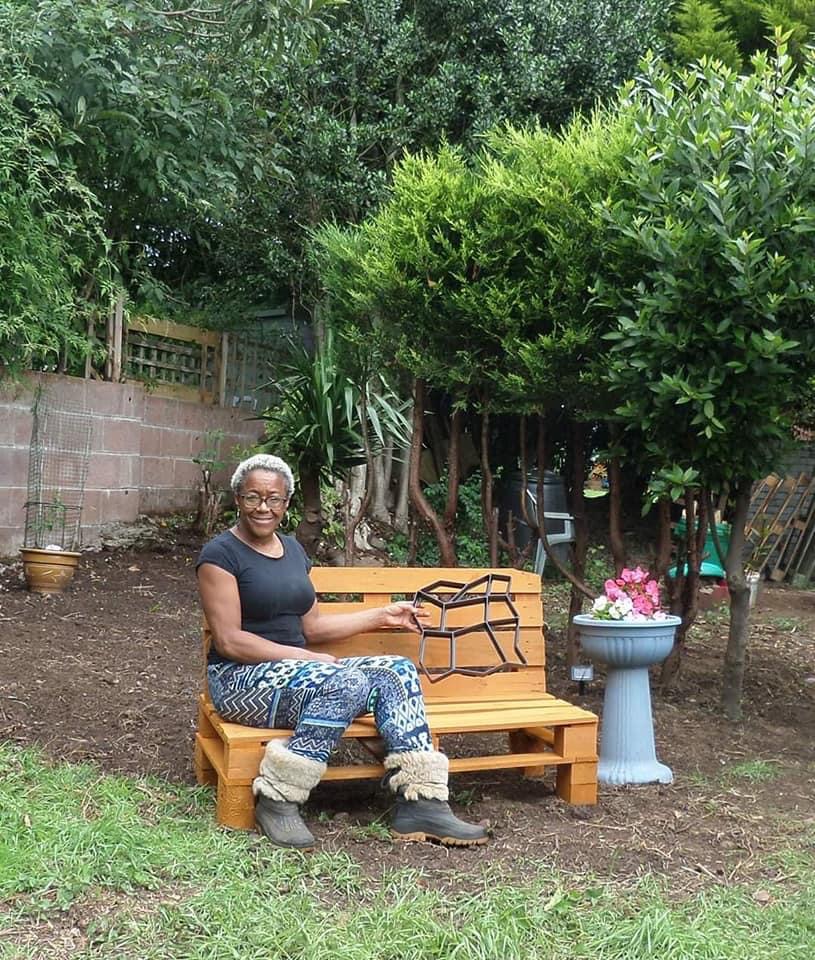
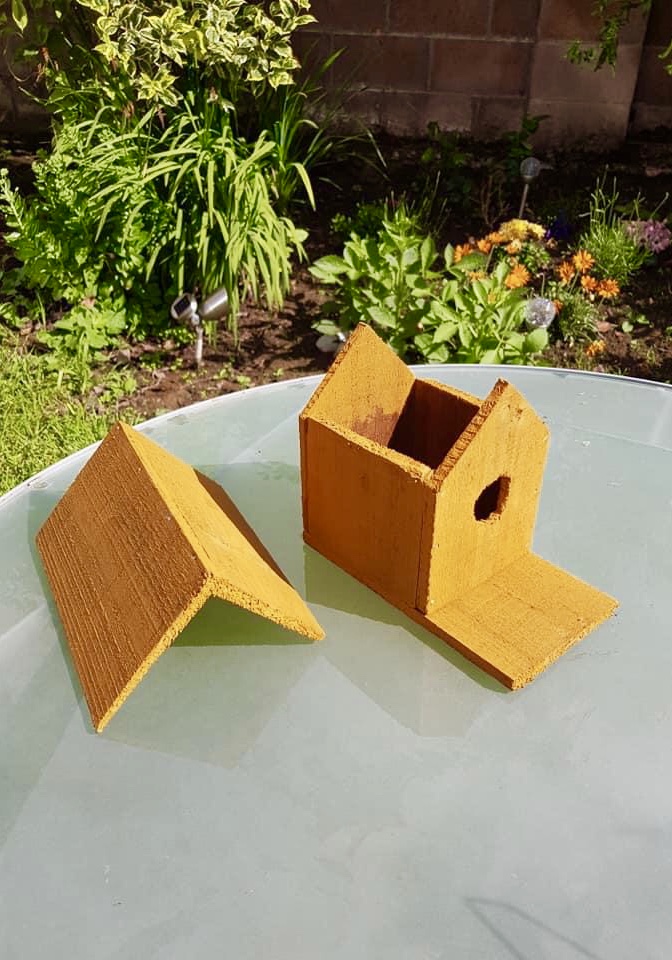
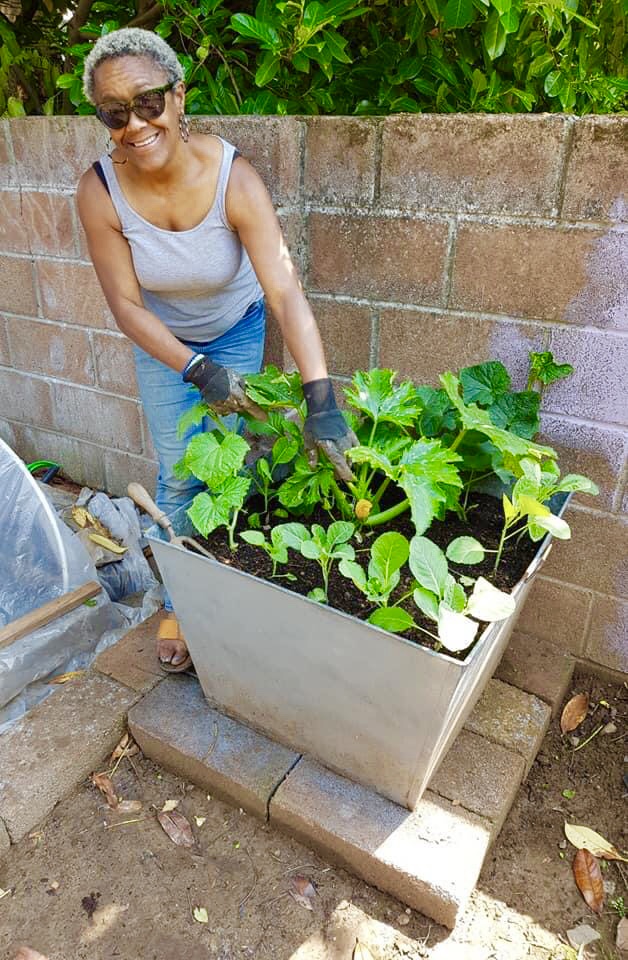
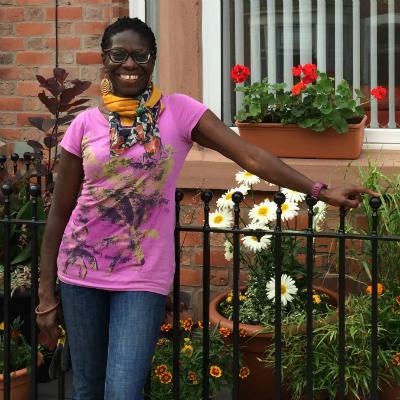
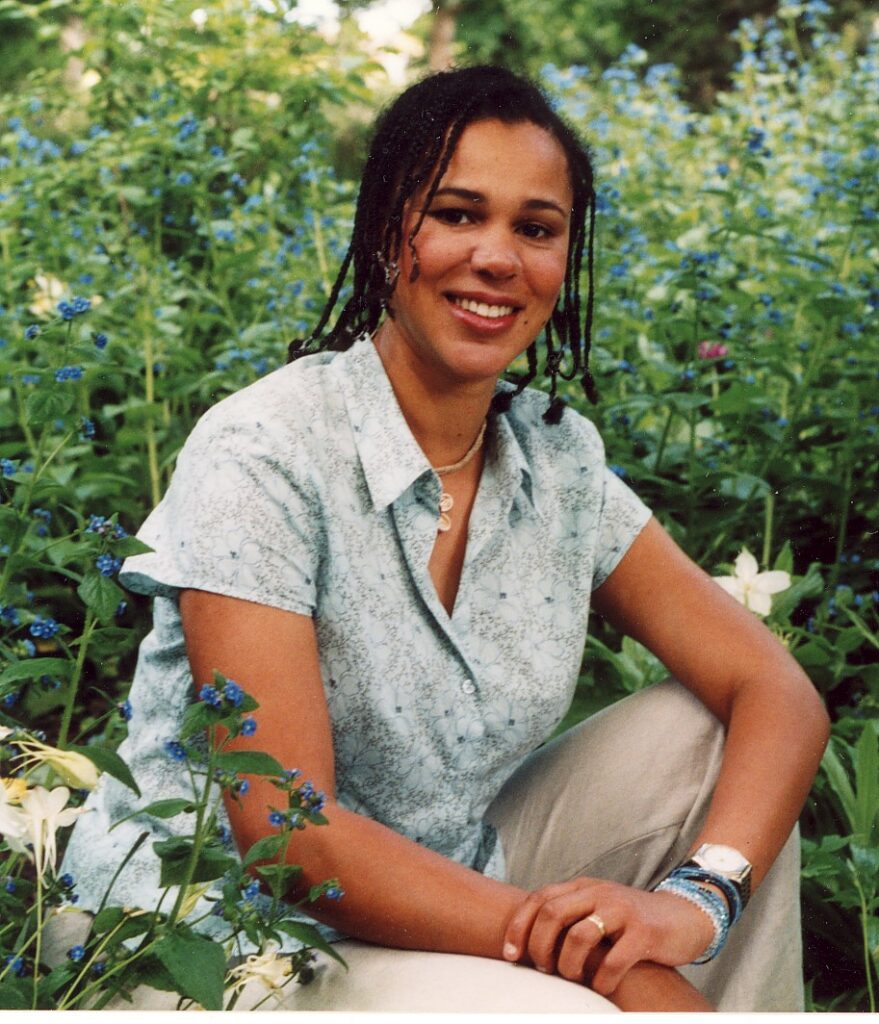
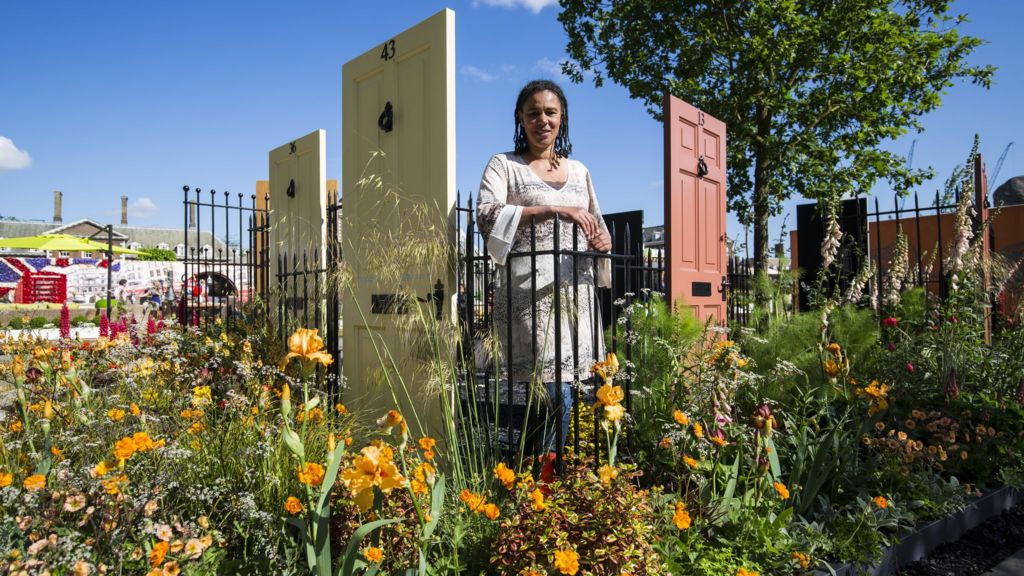
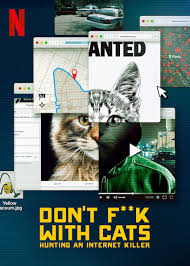
 (3 / 5)
(3 / 5)

